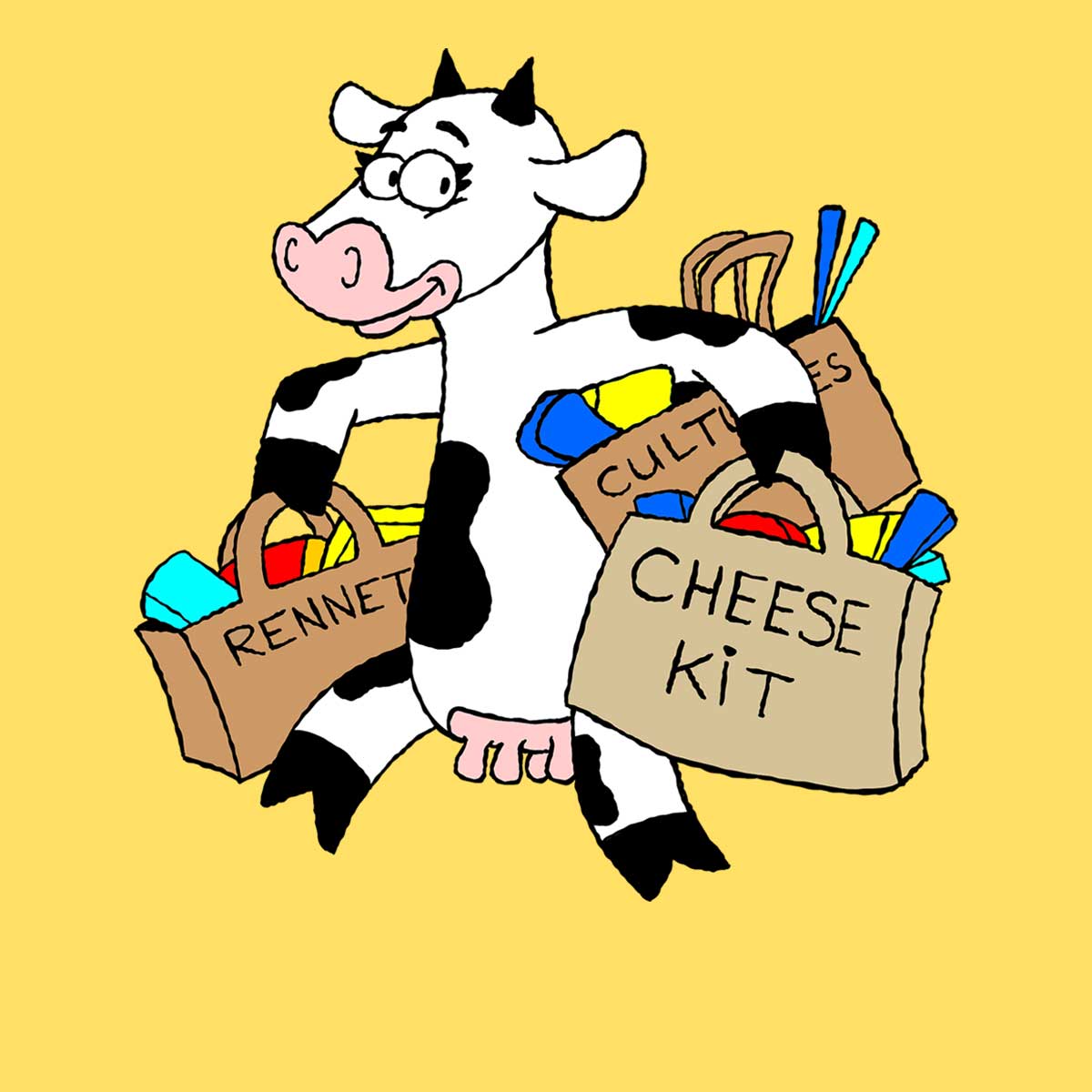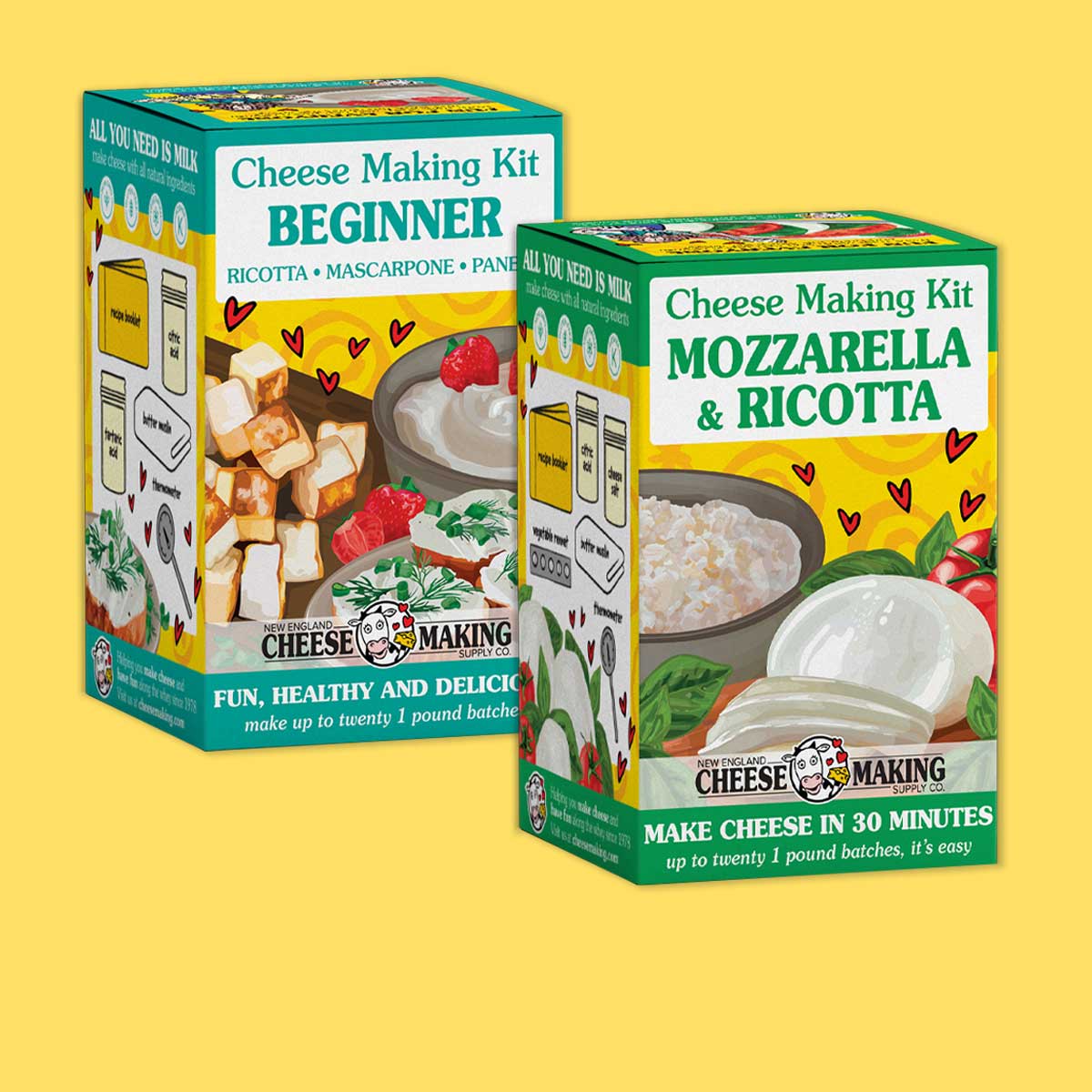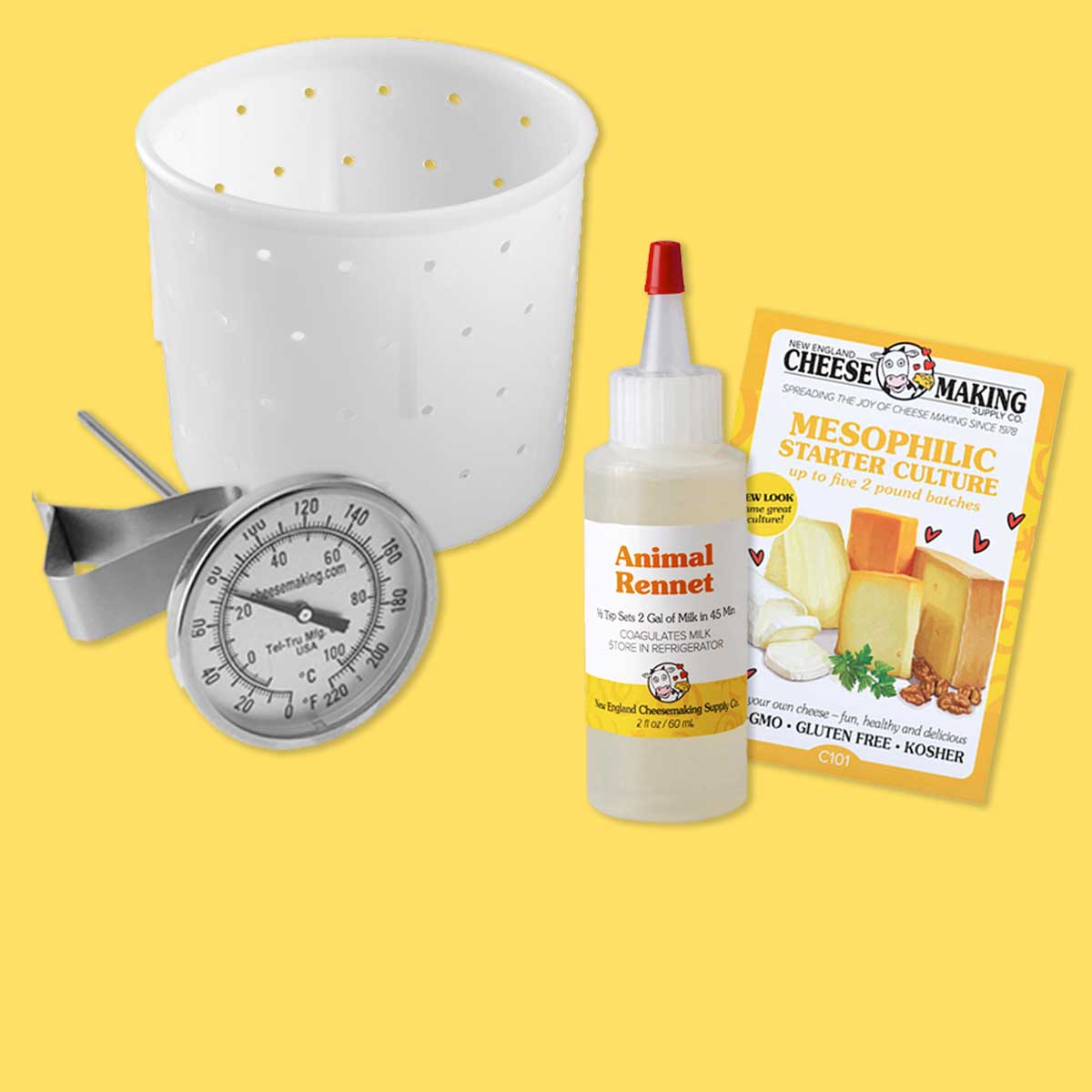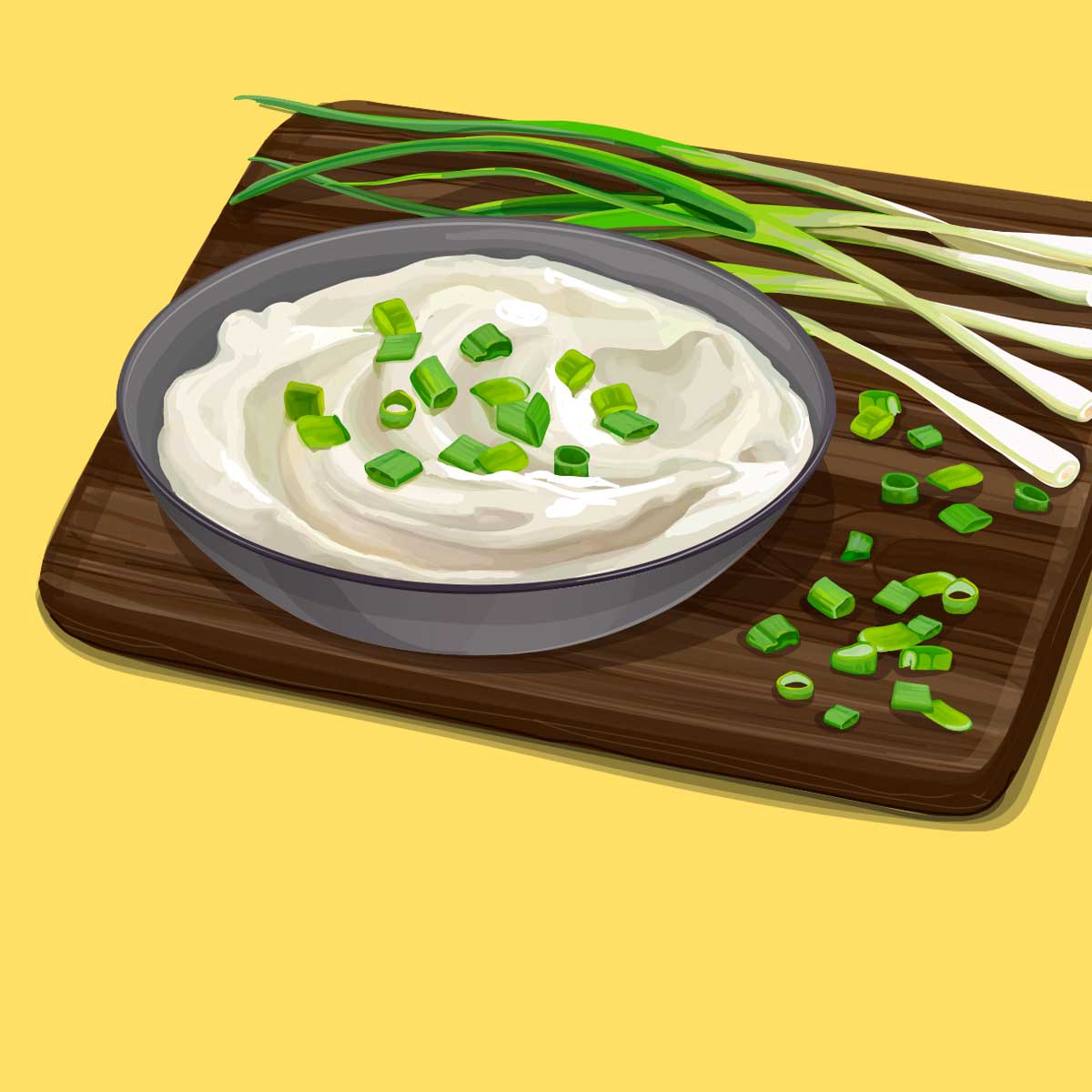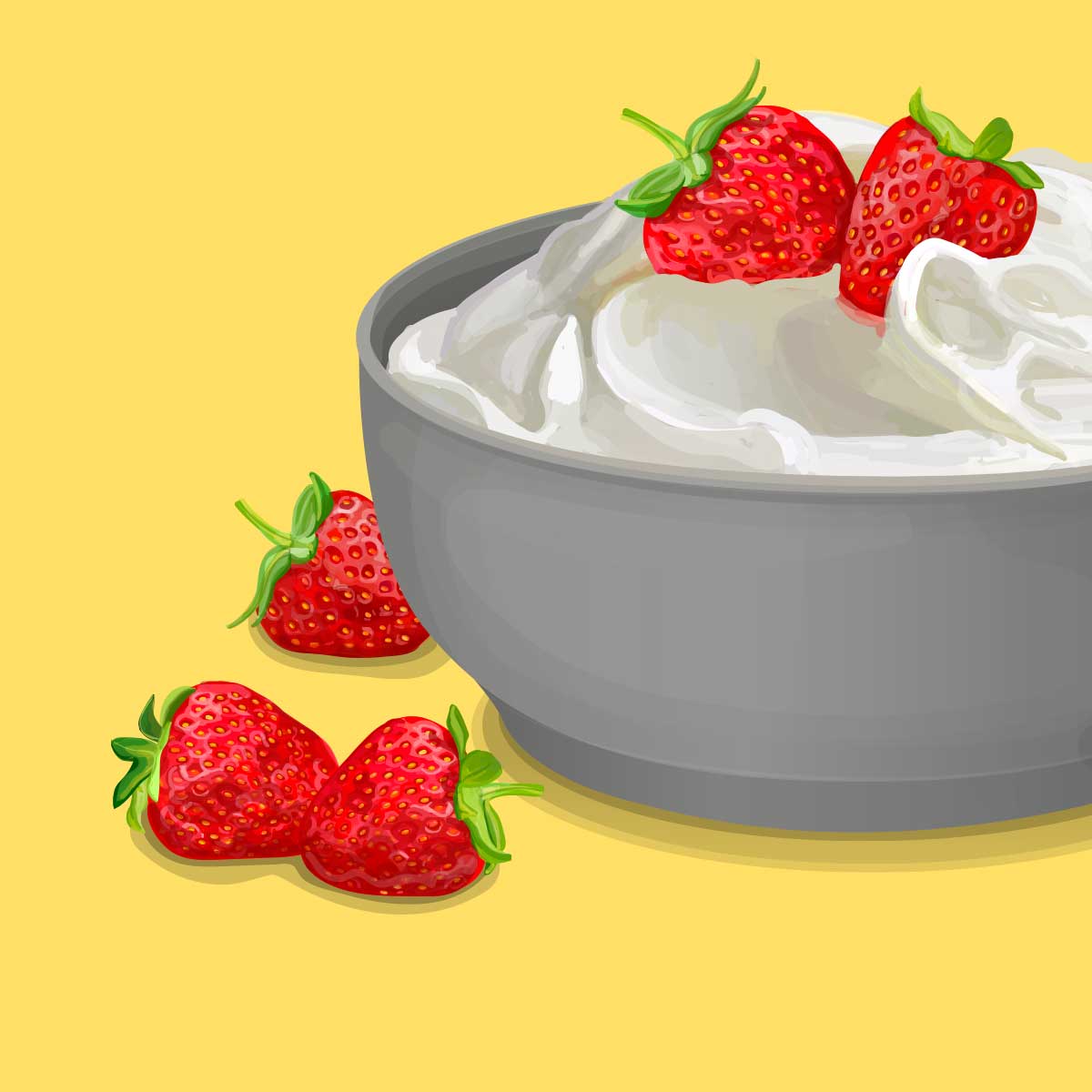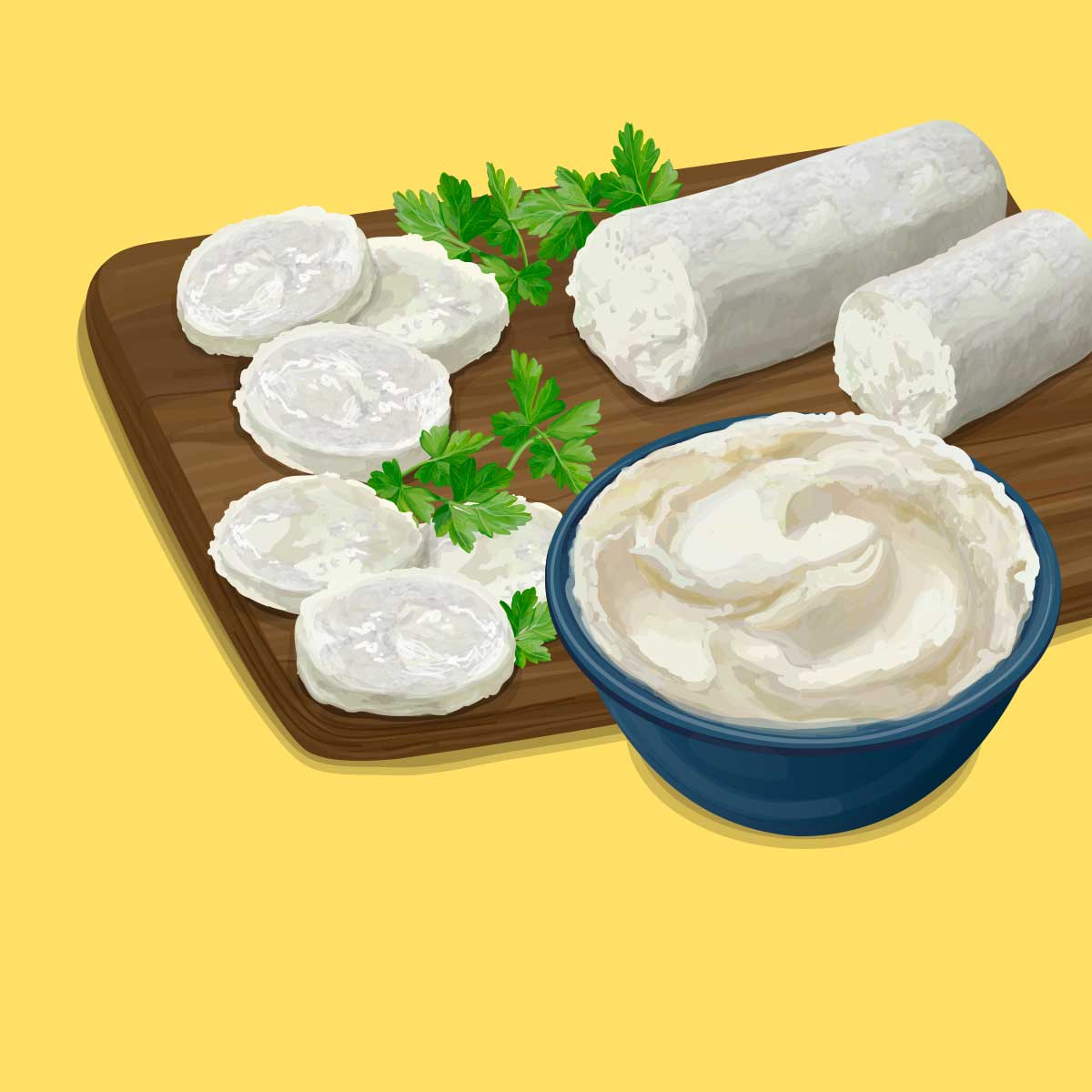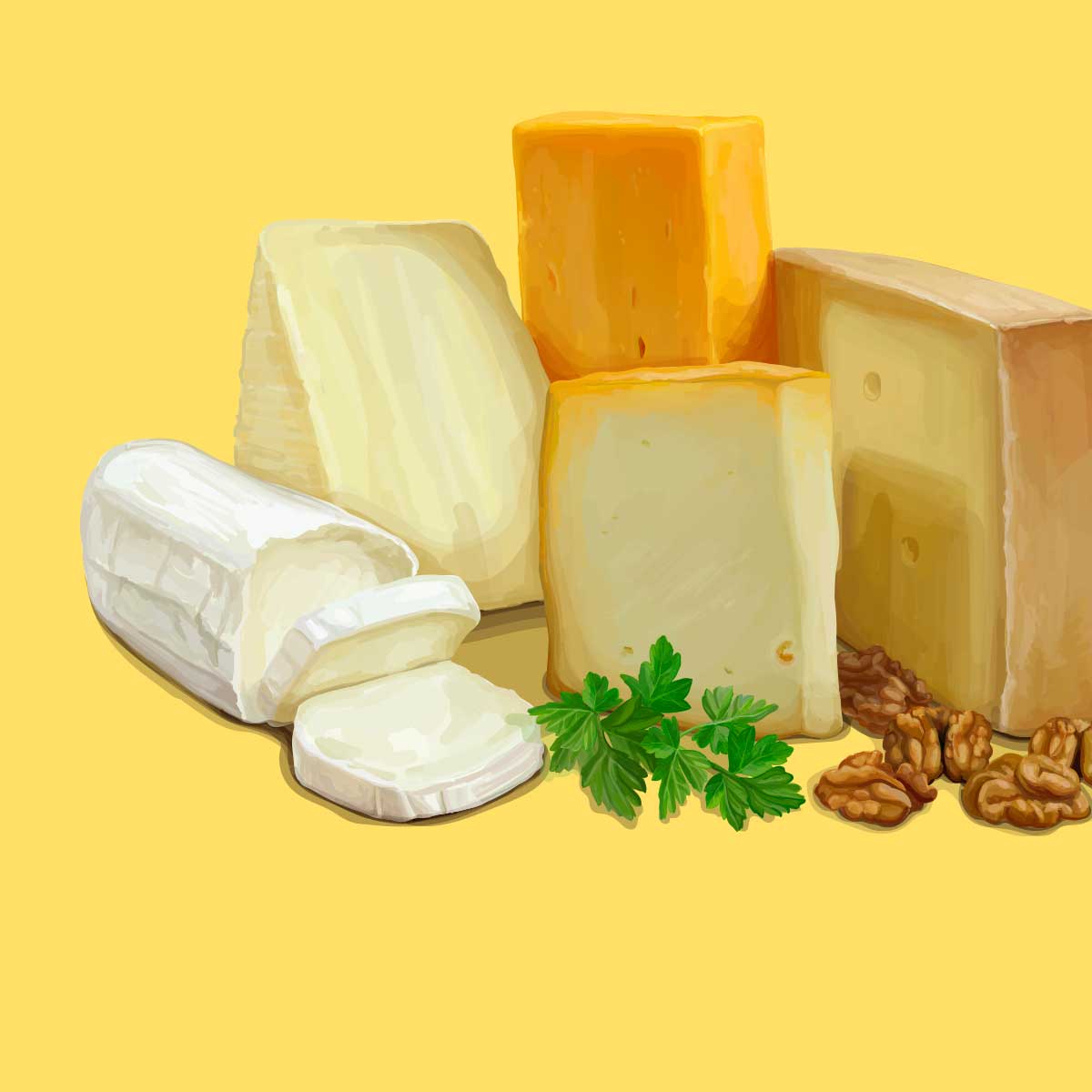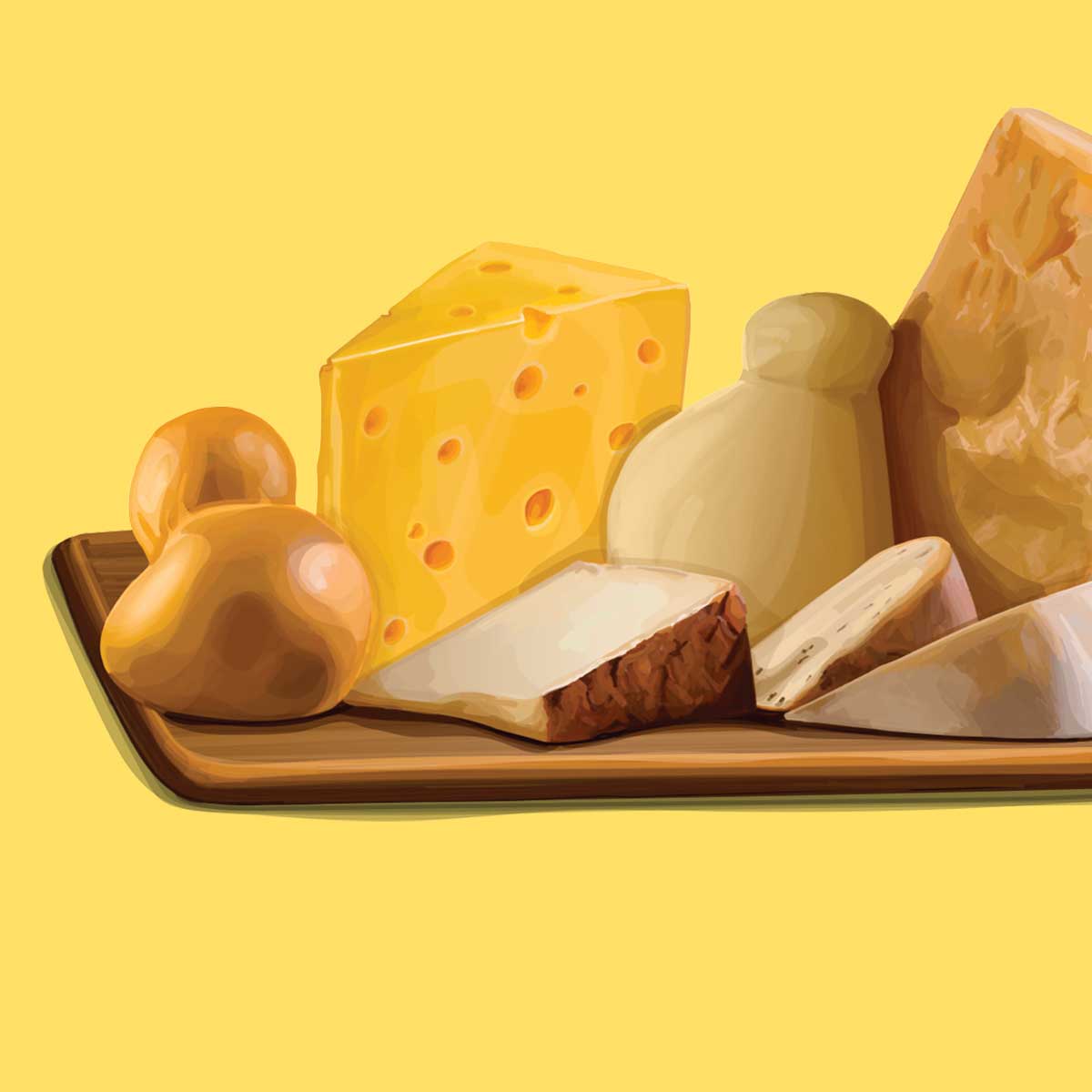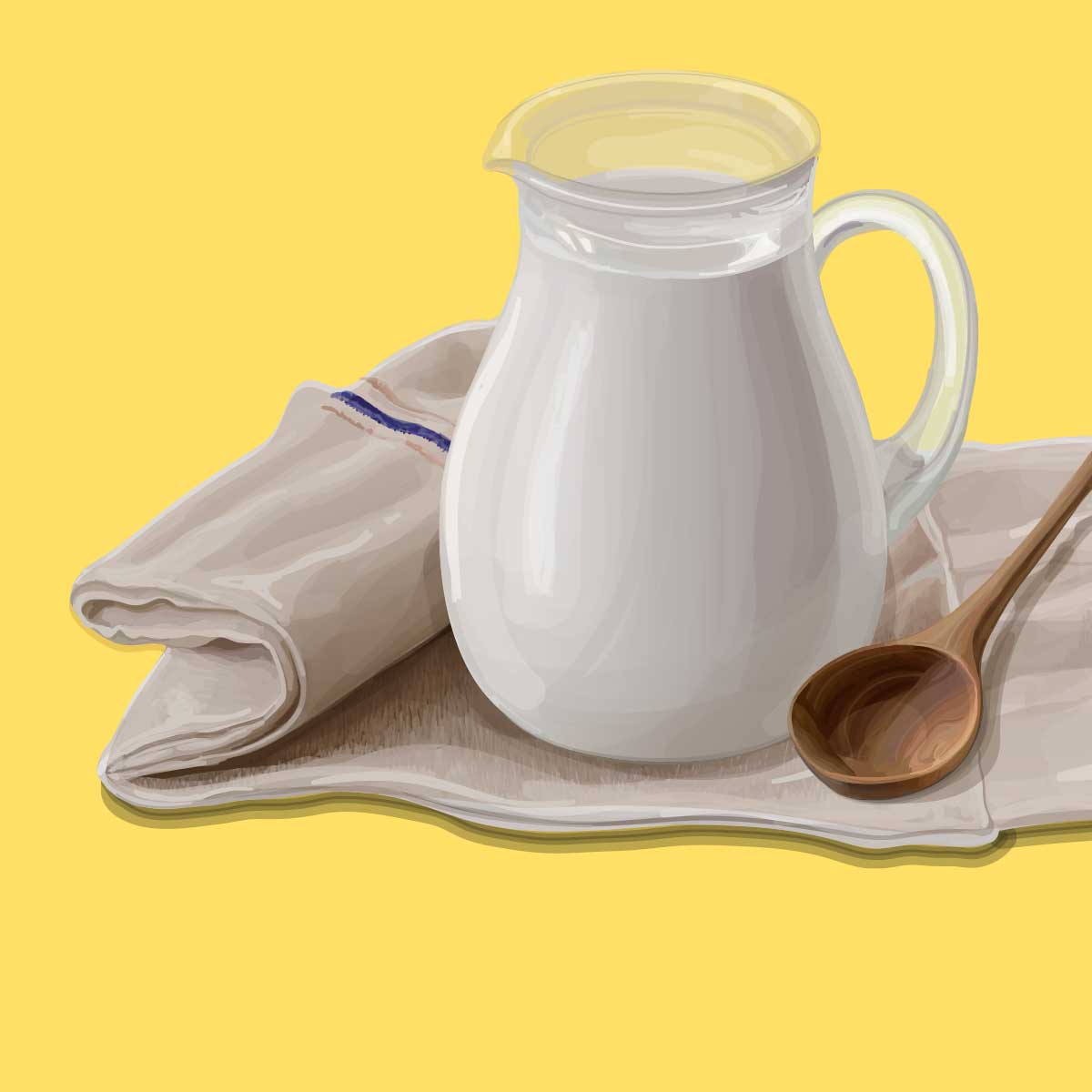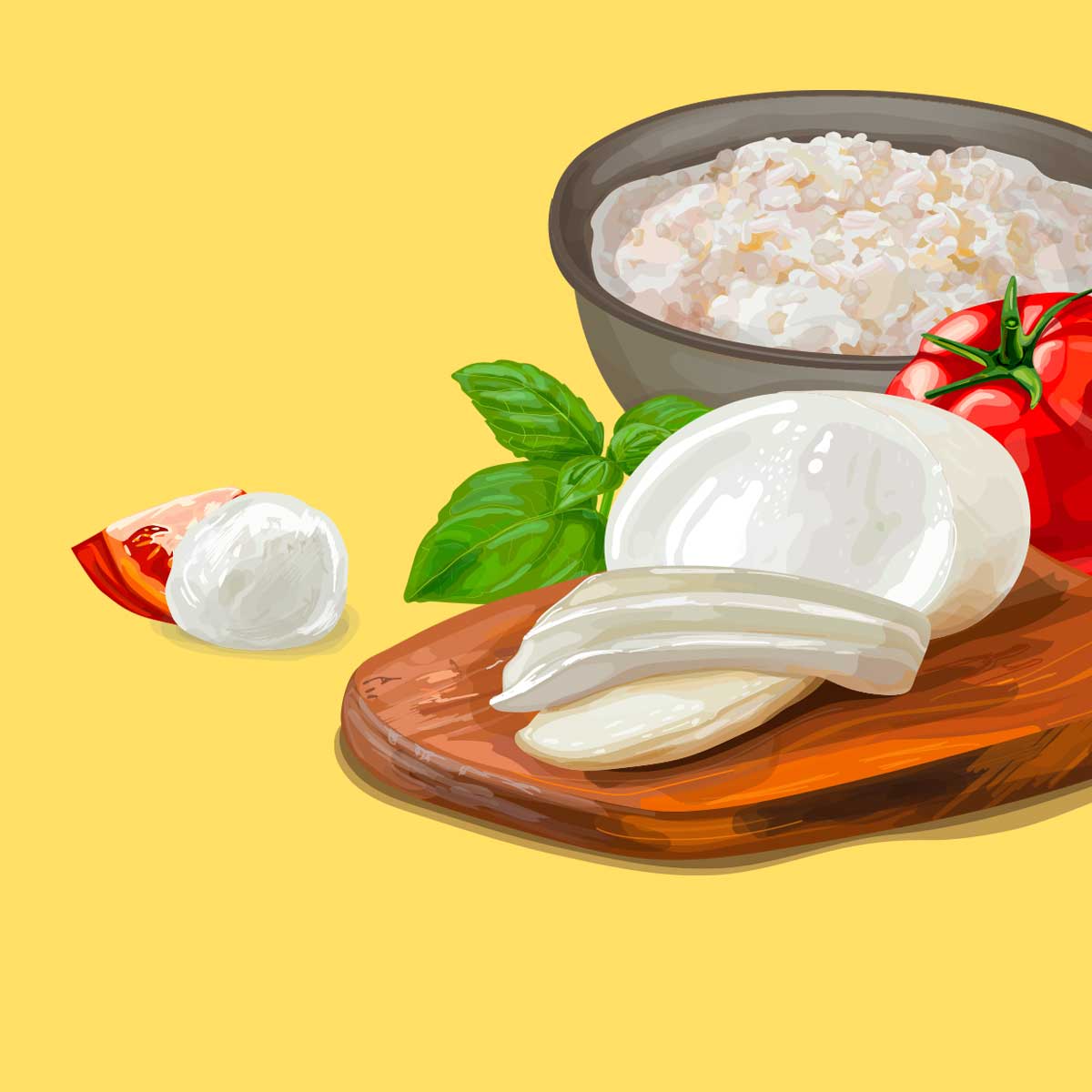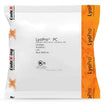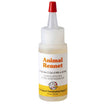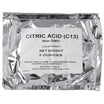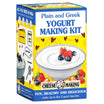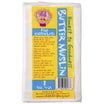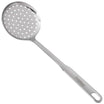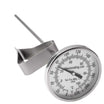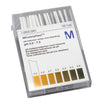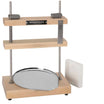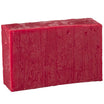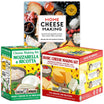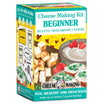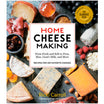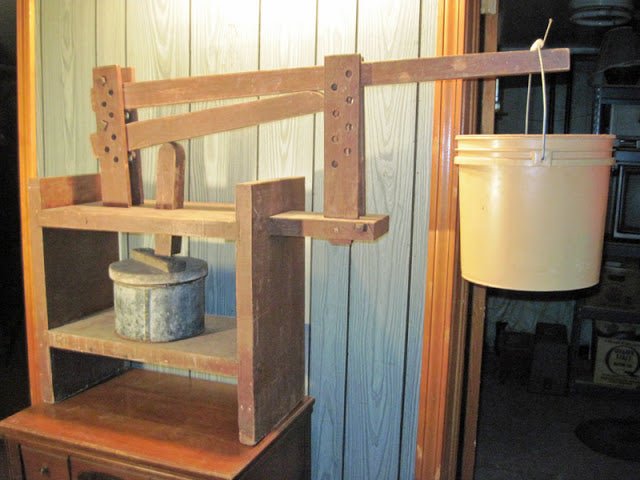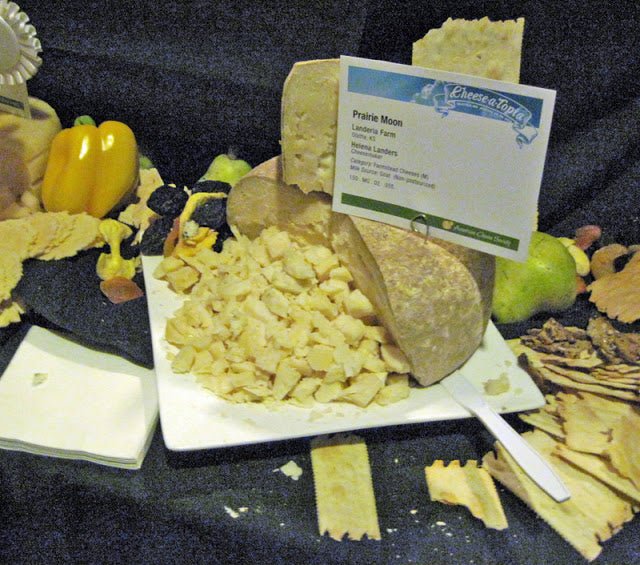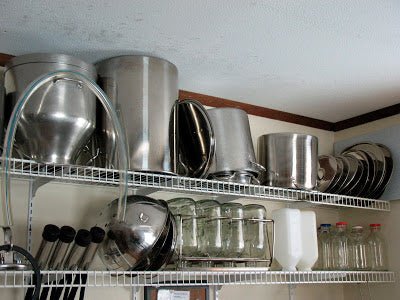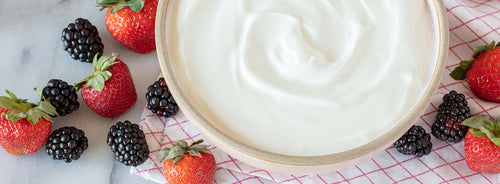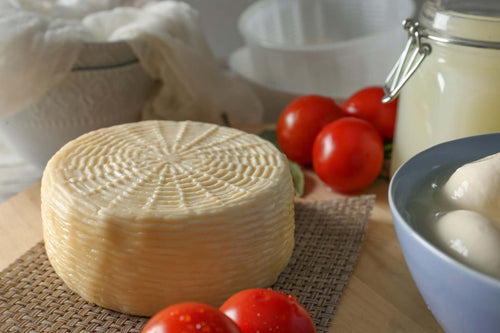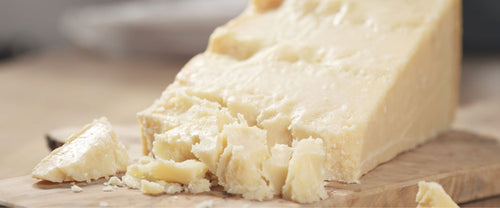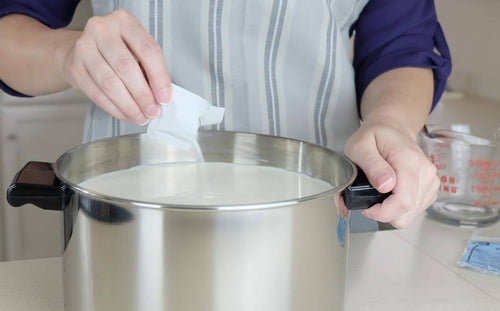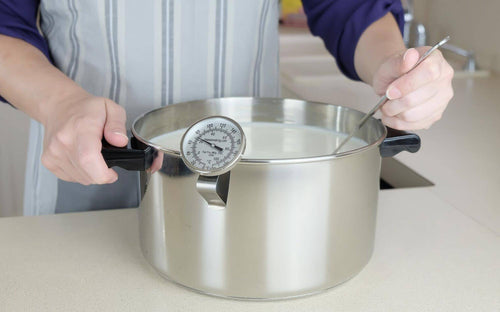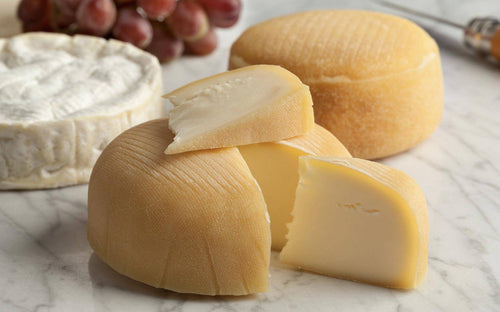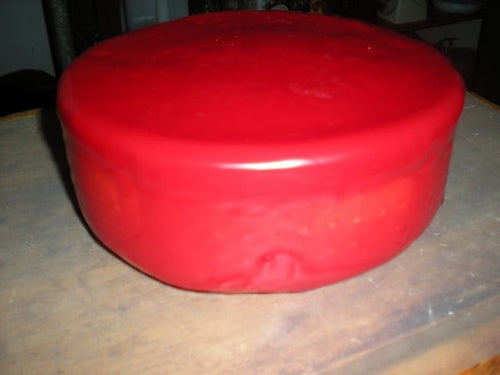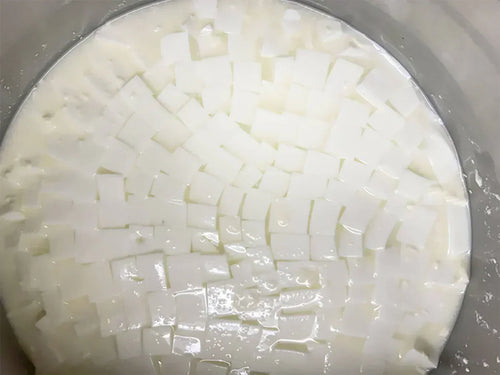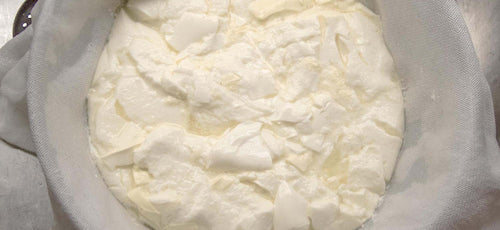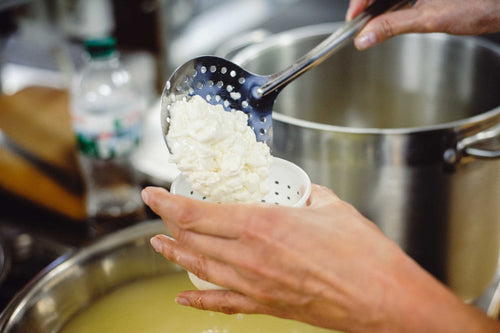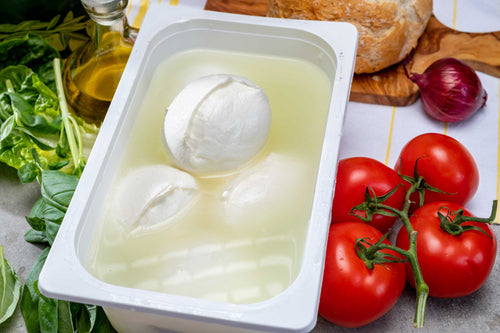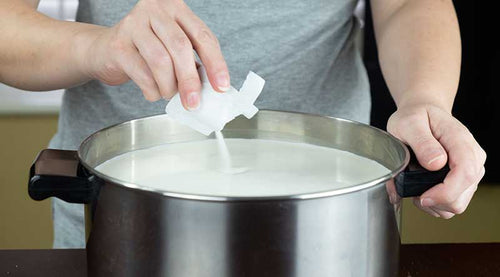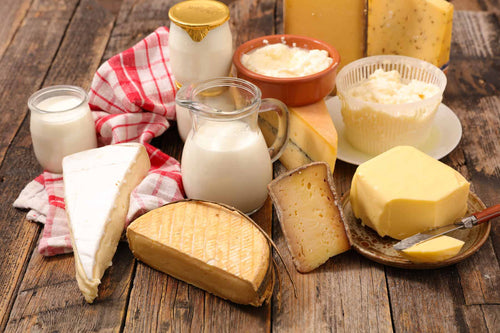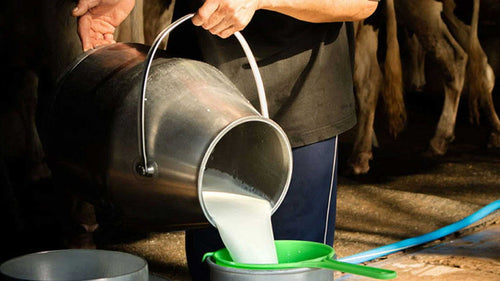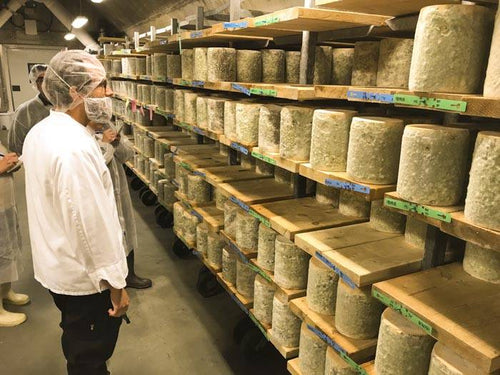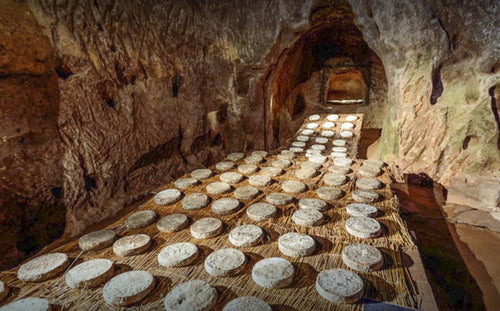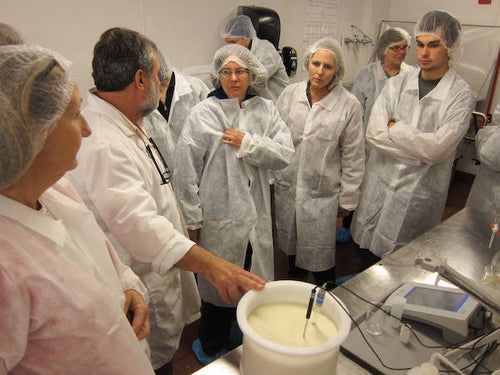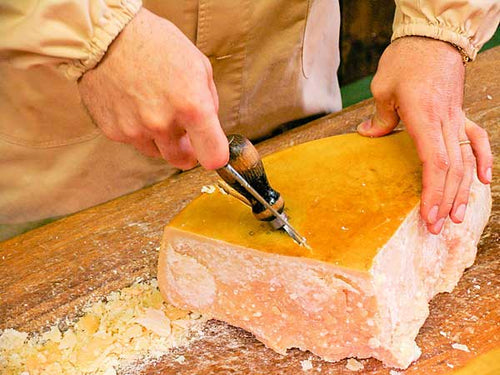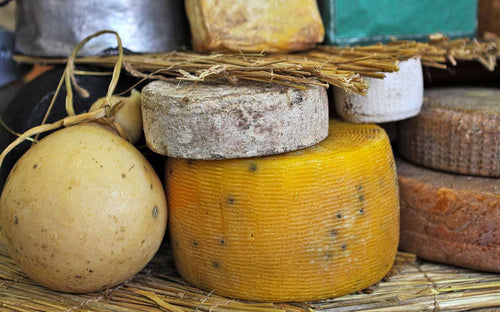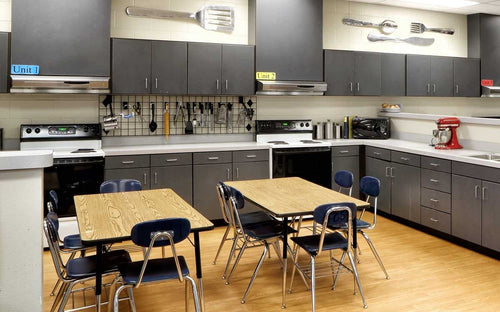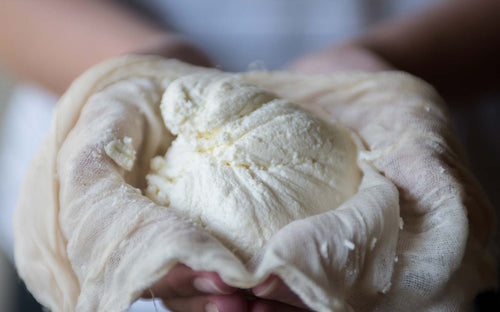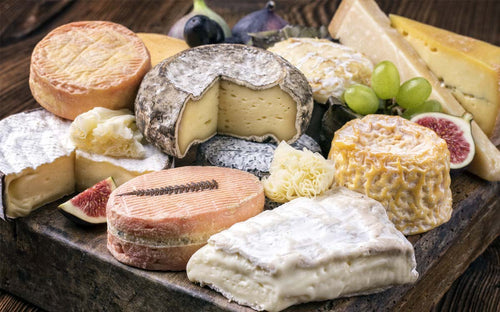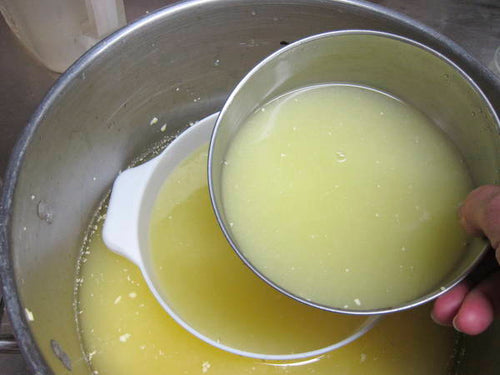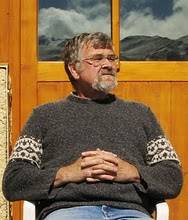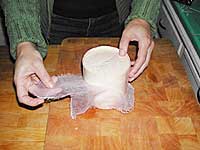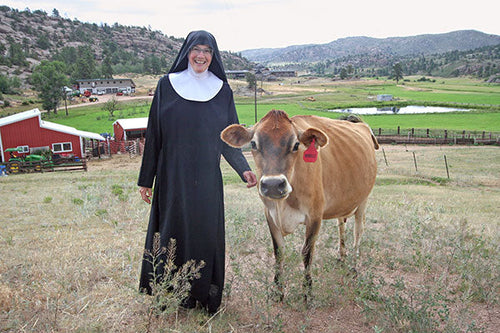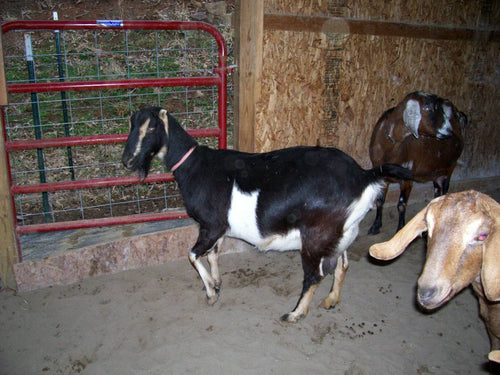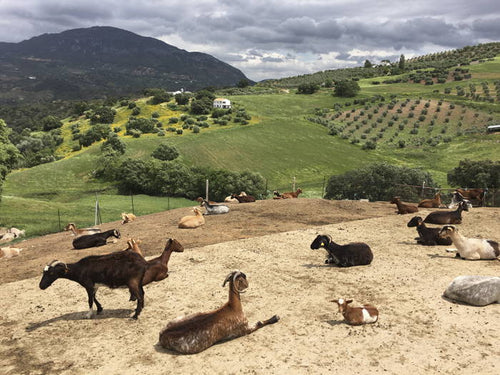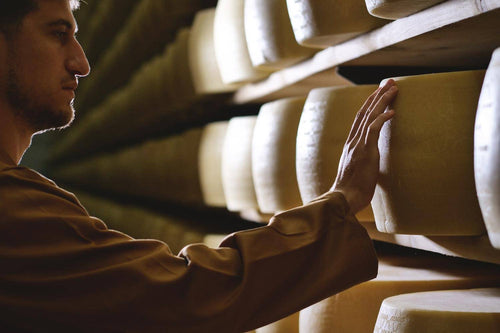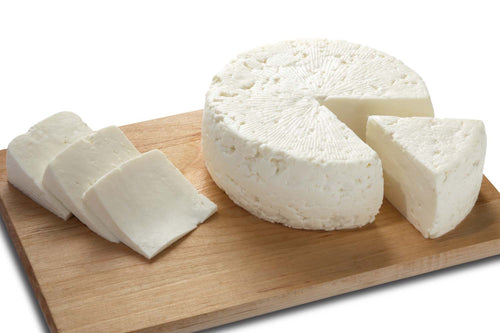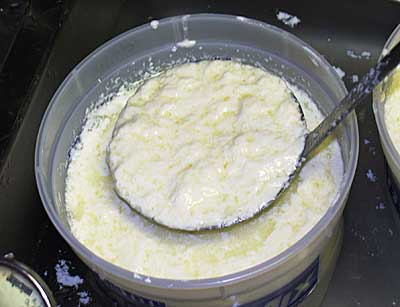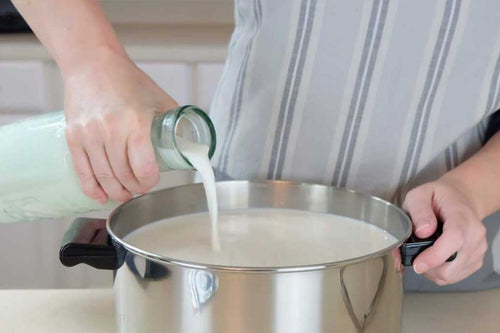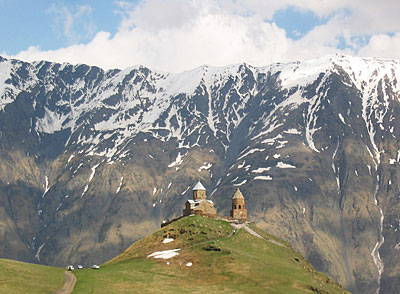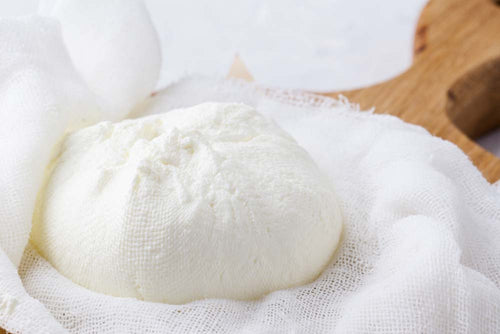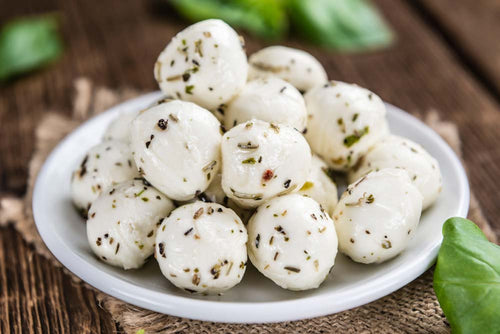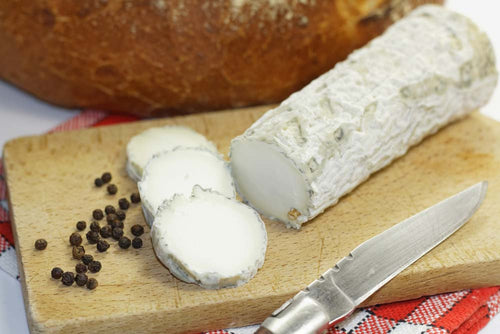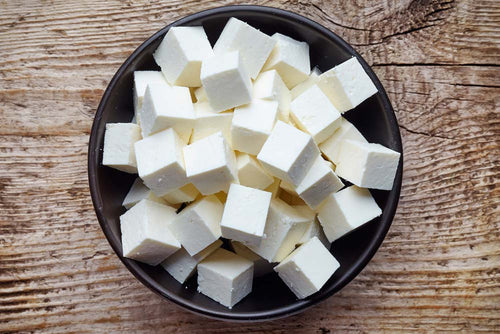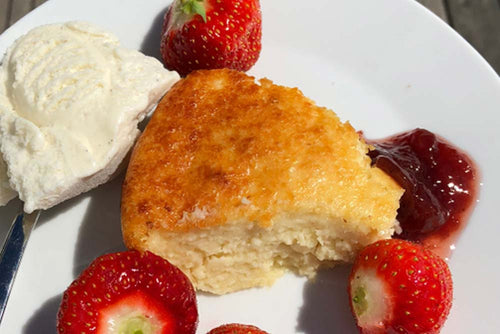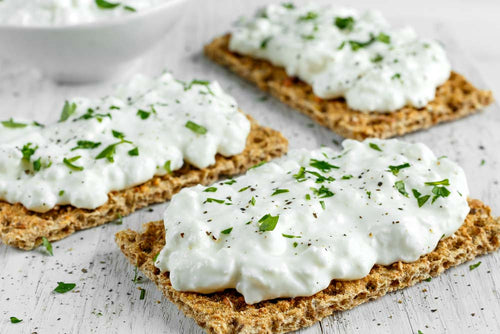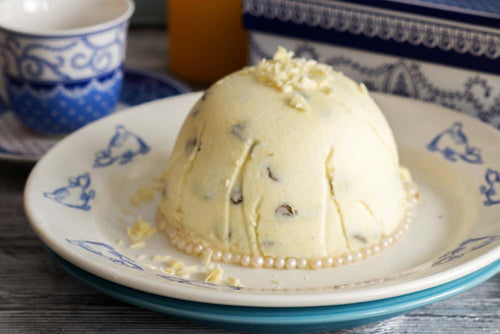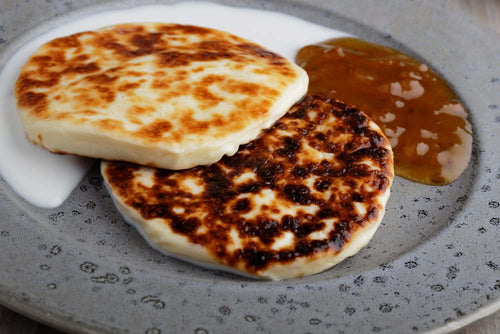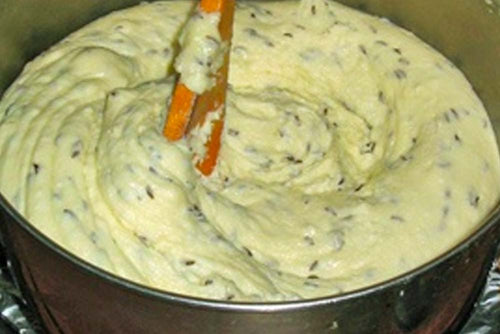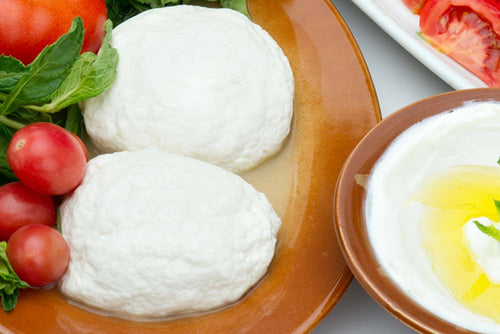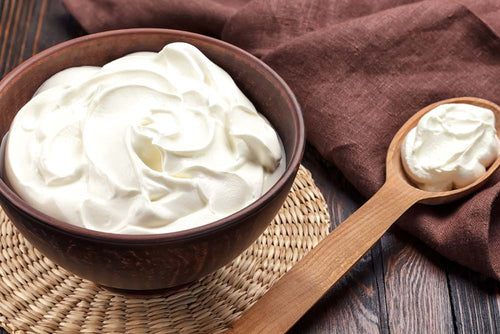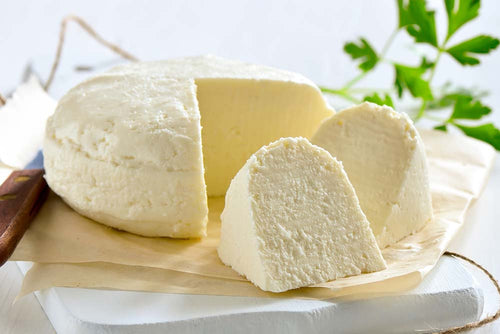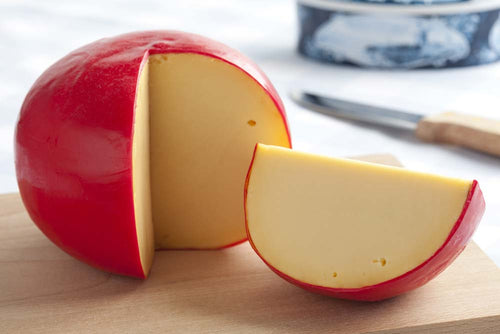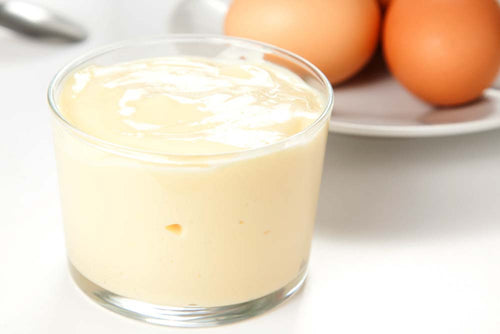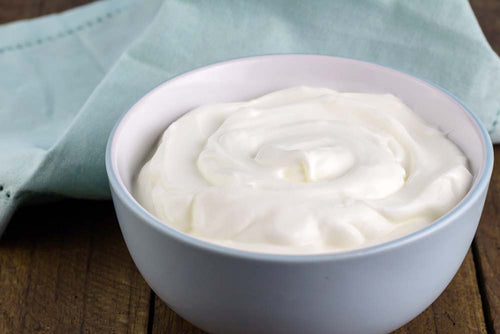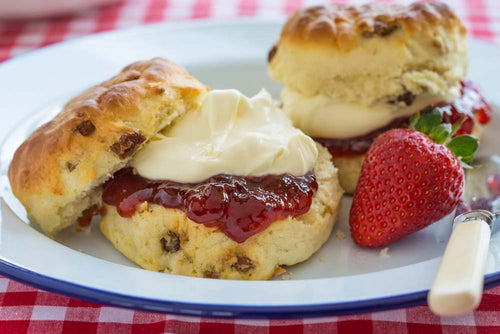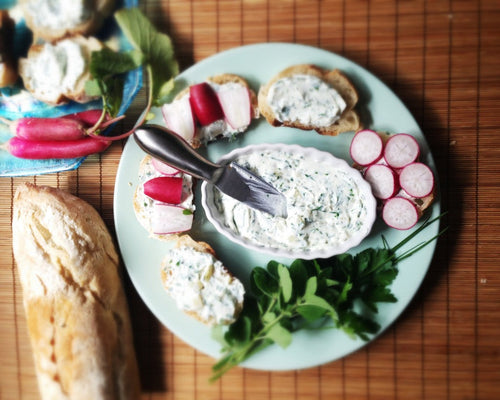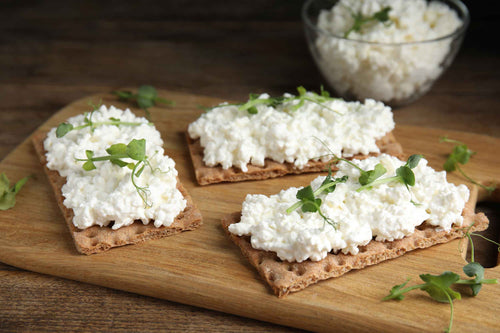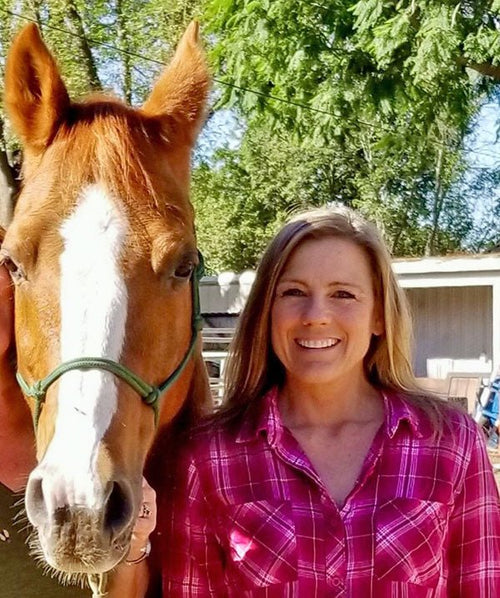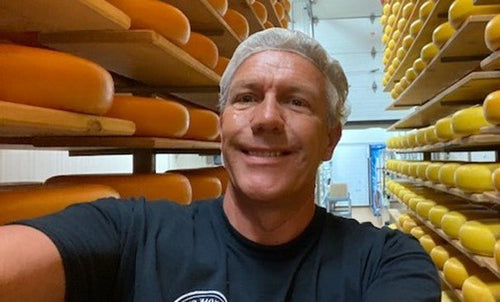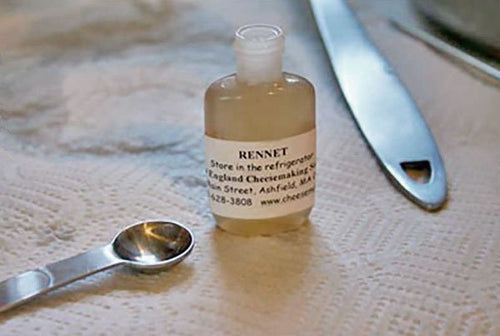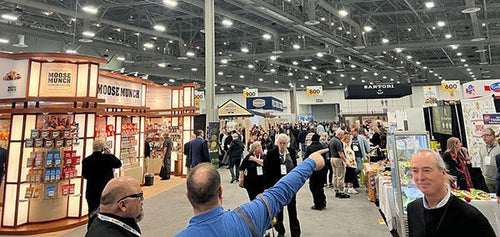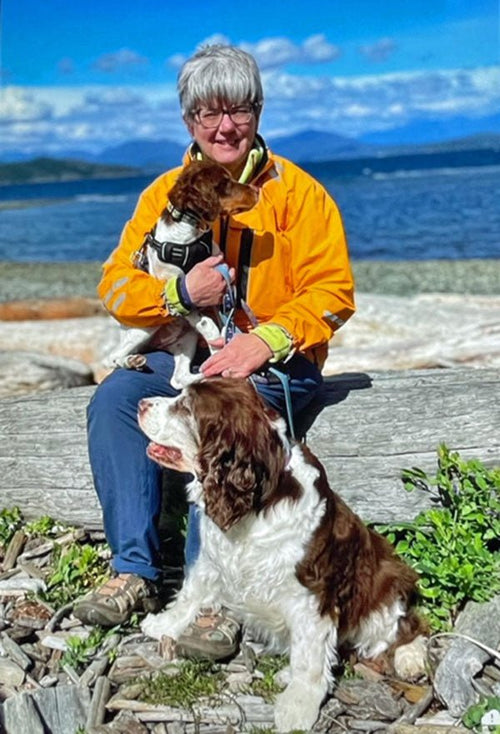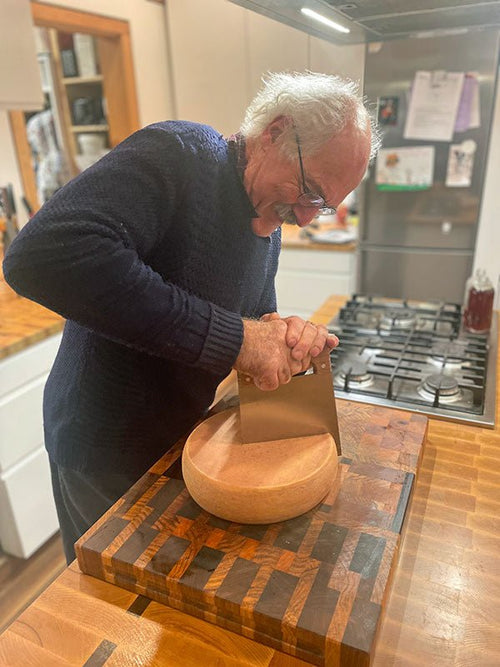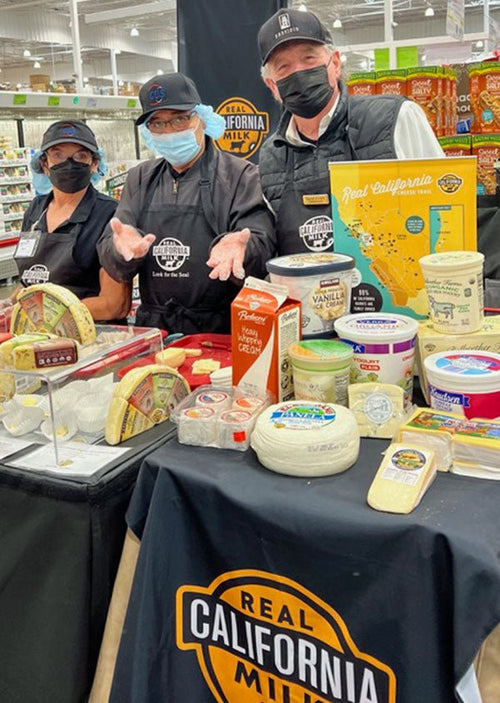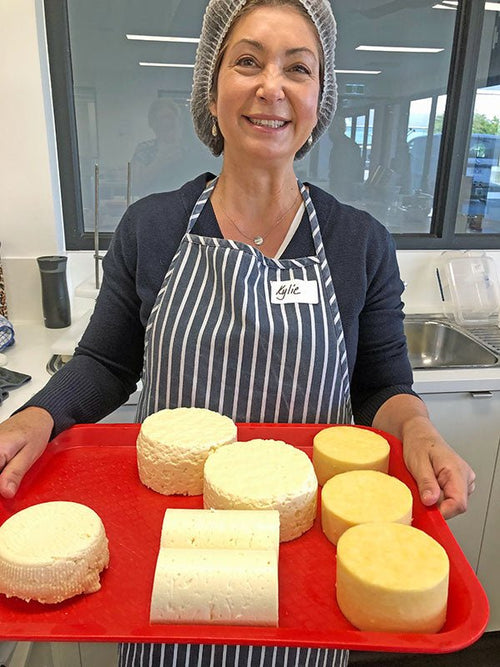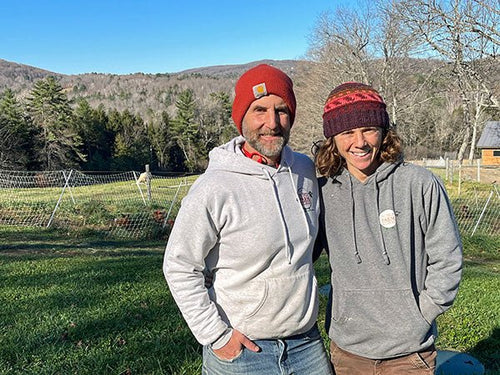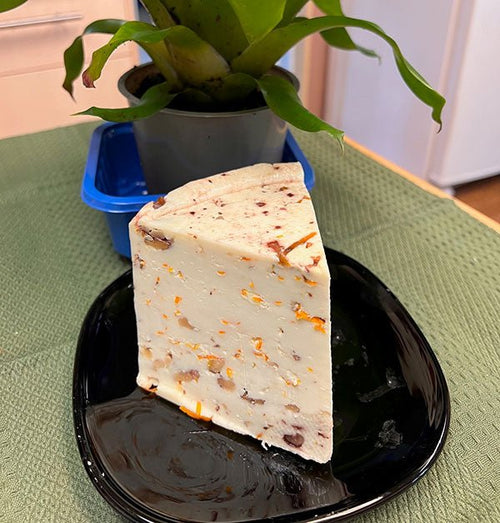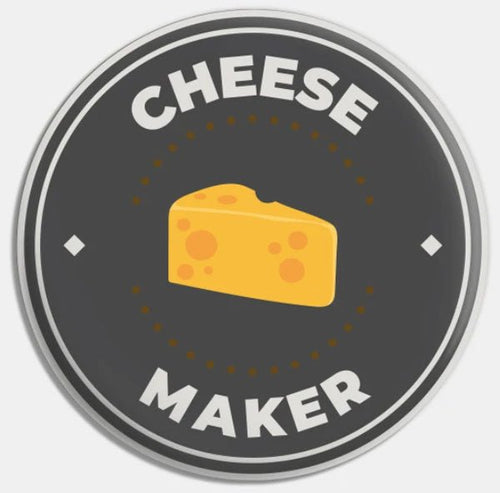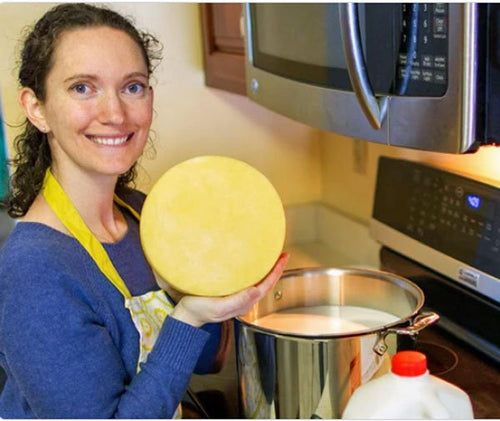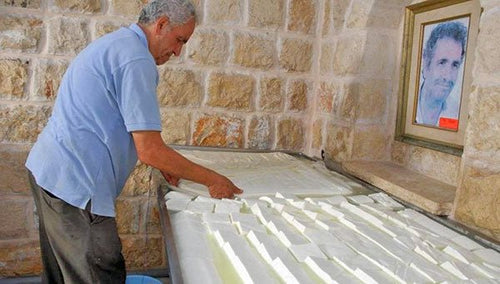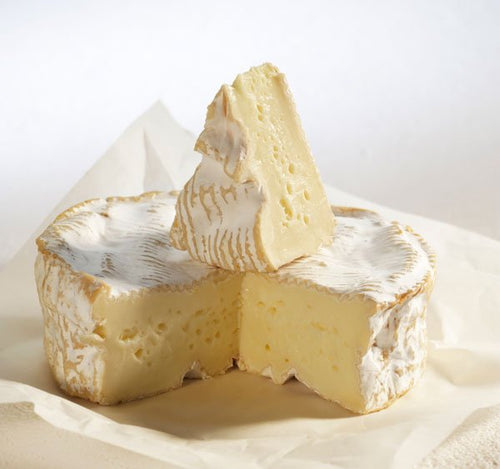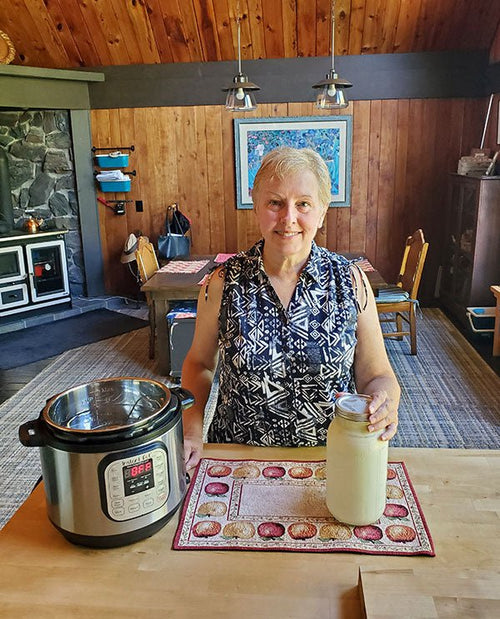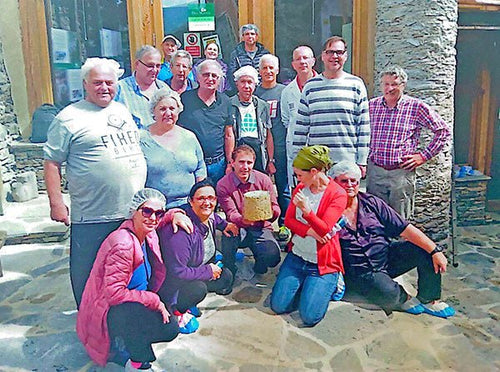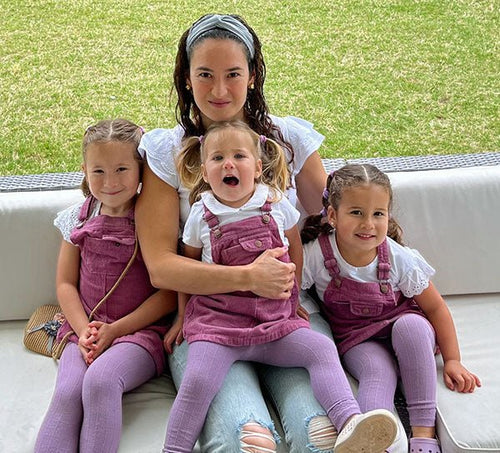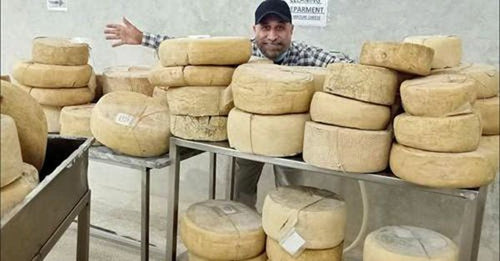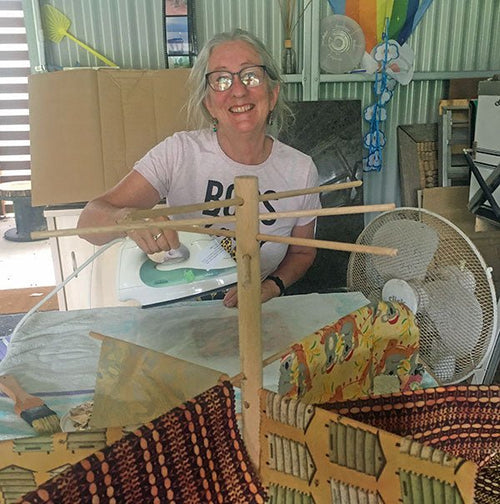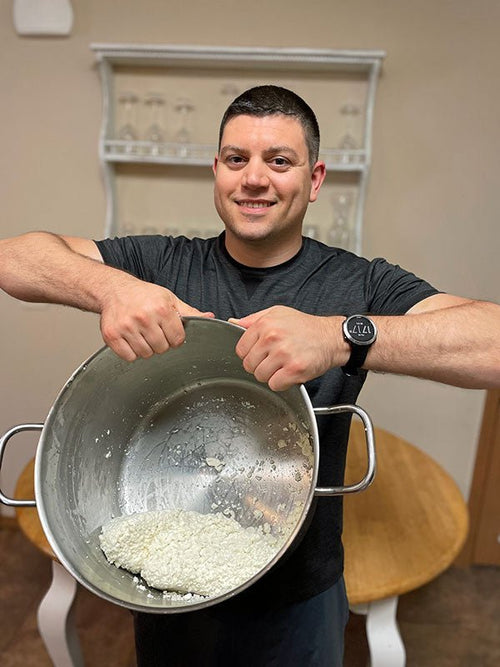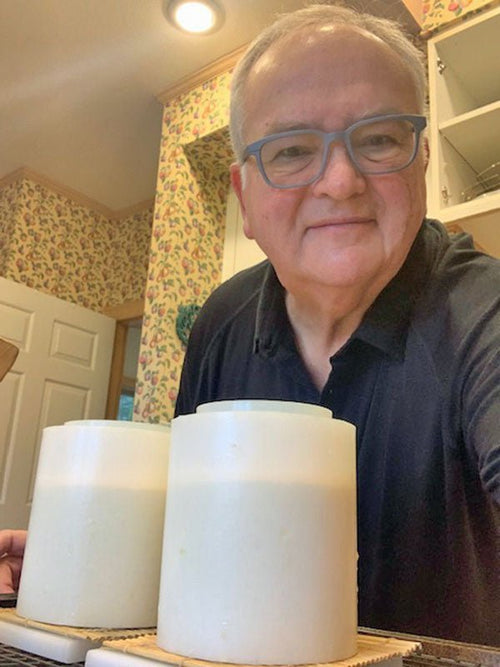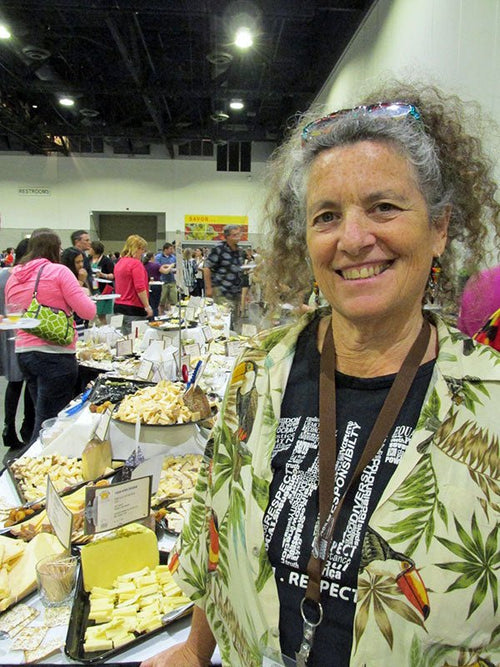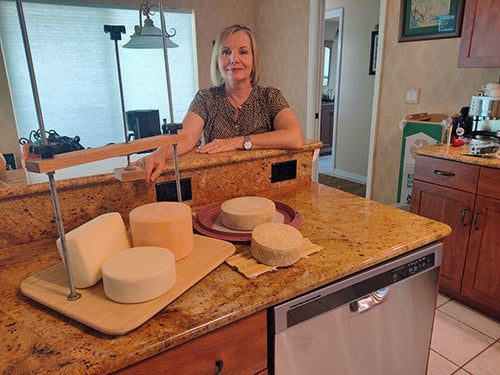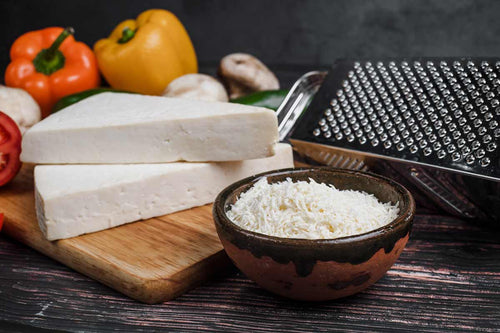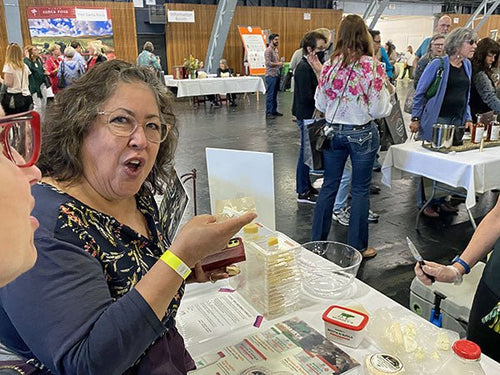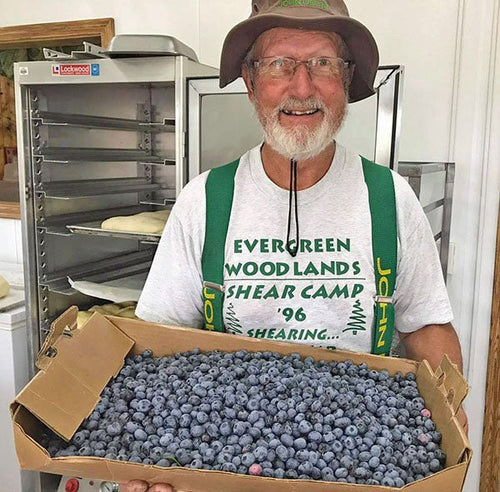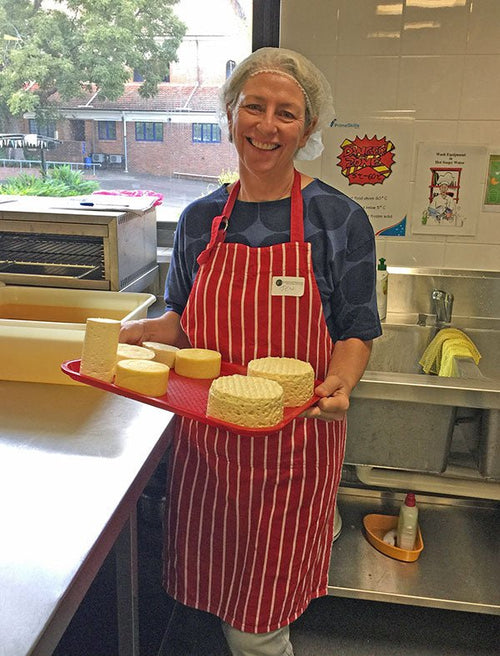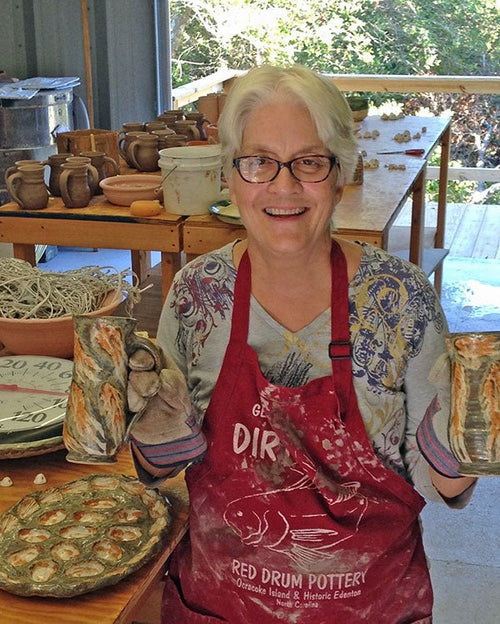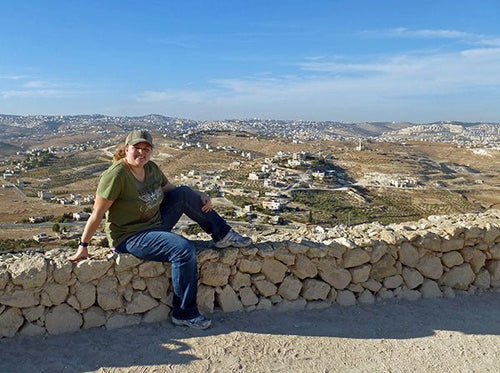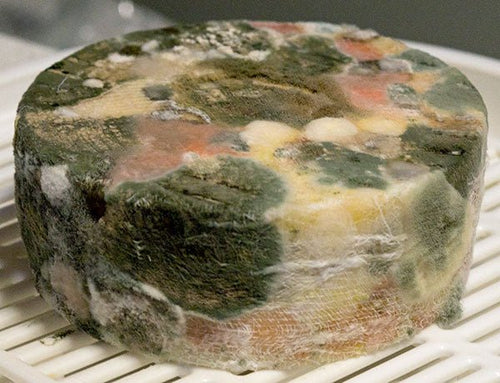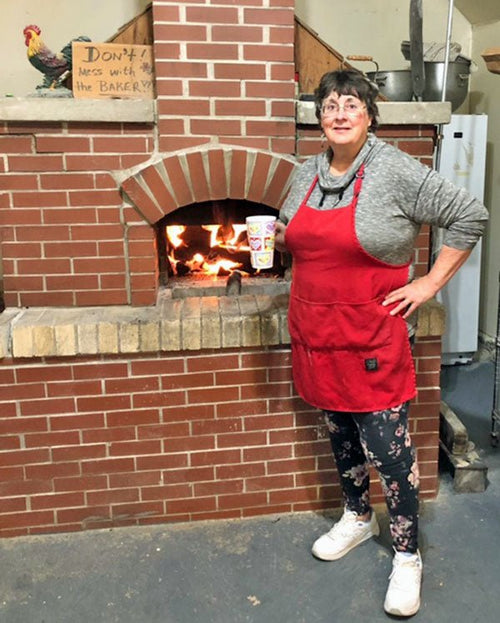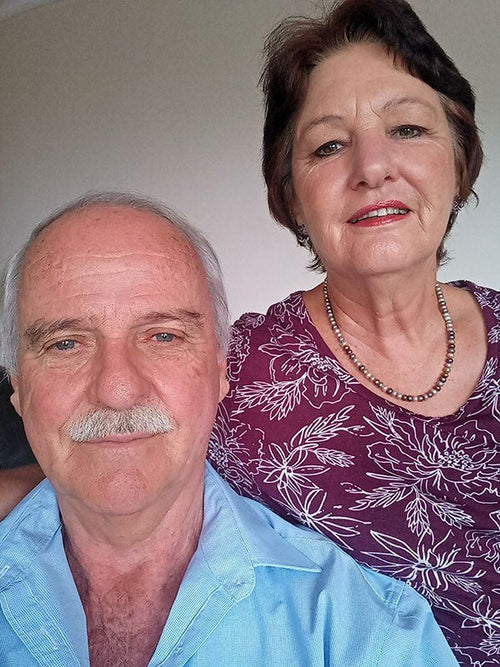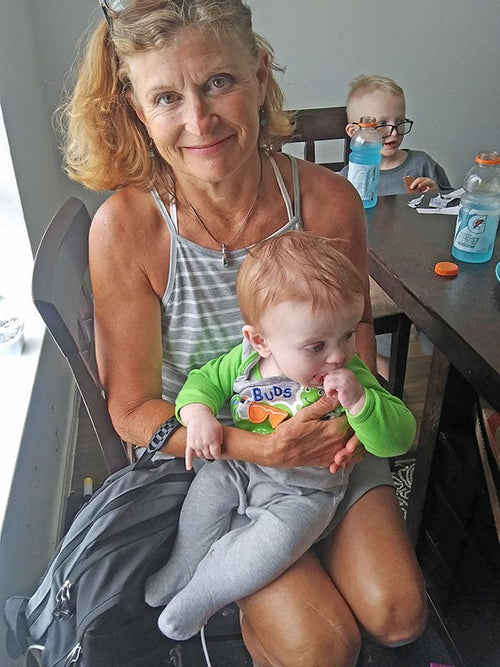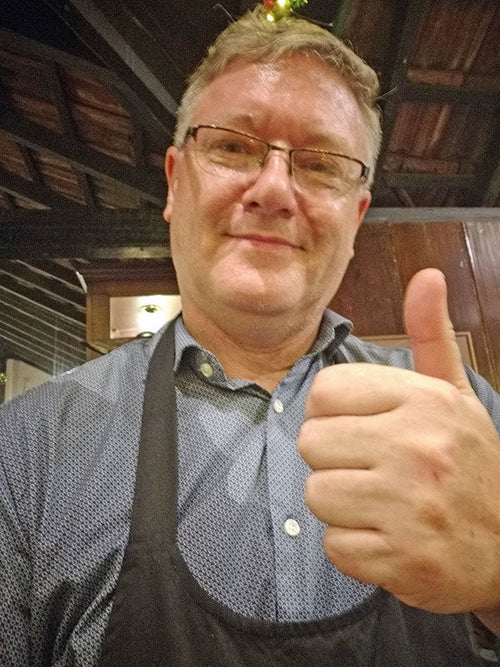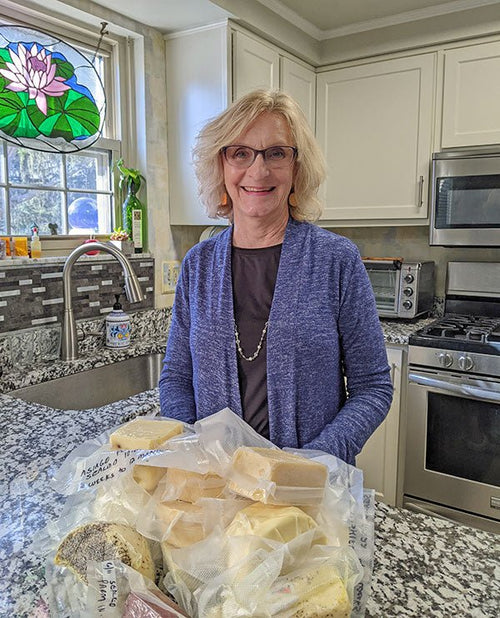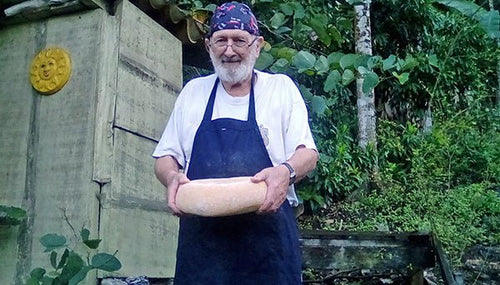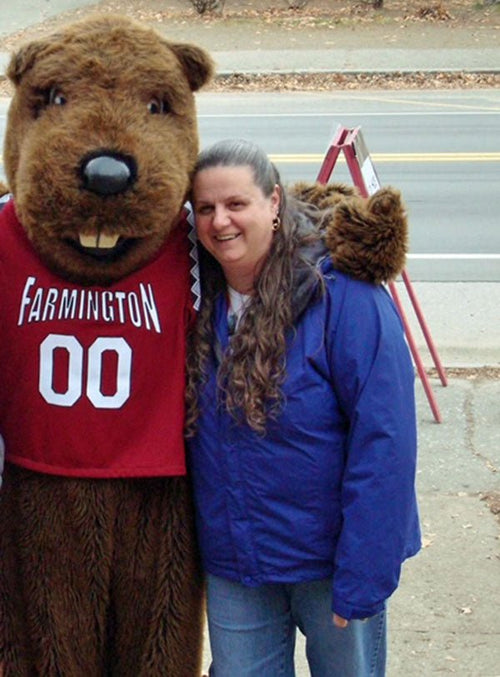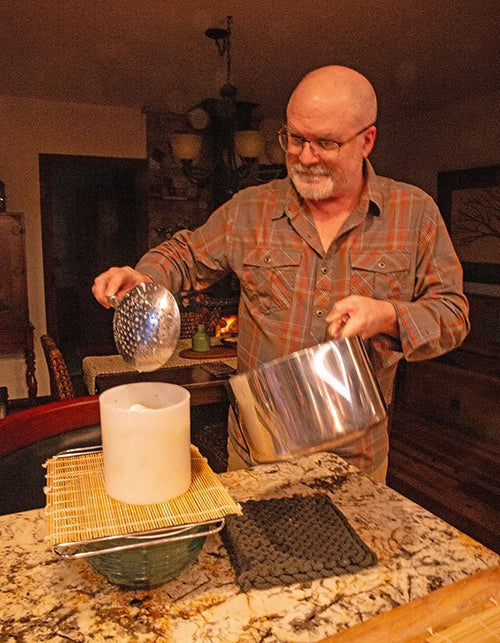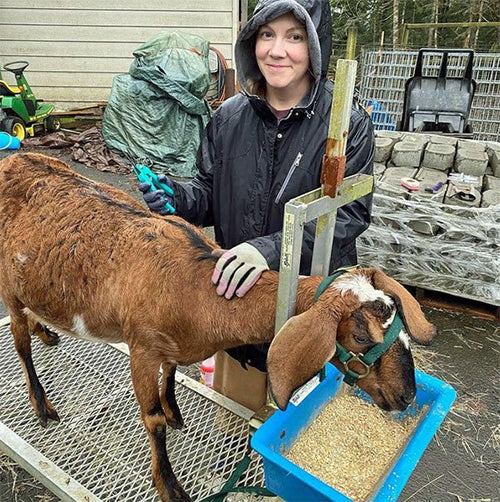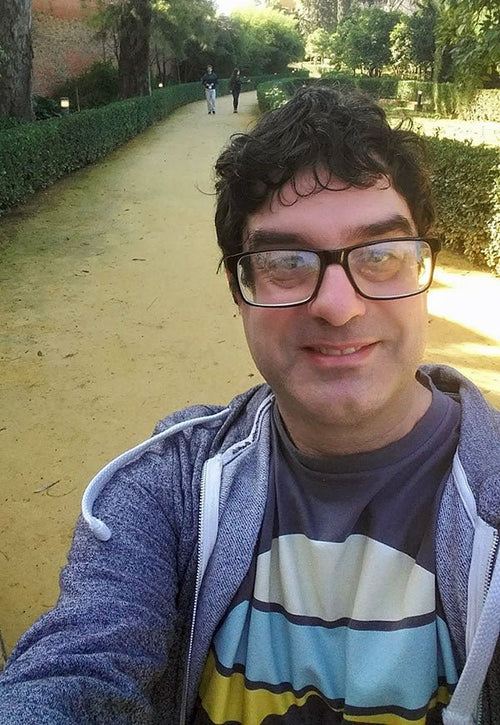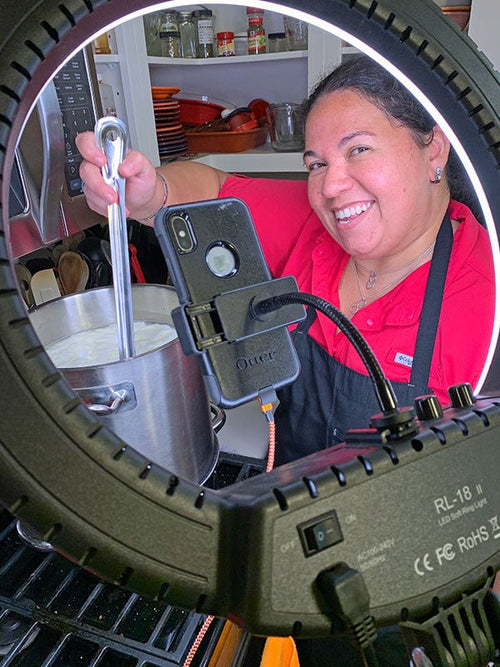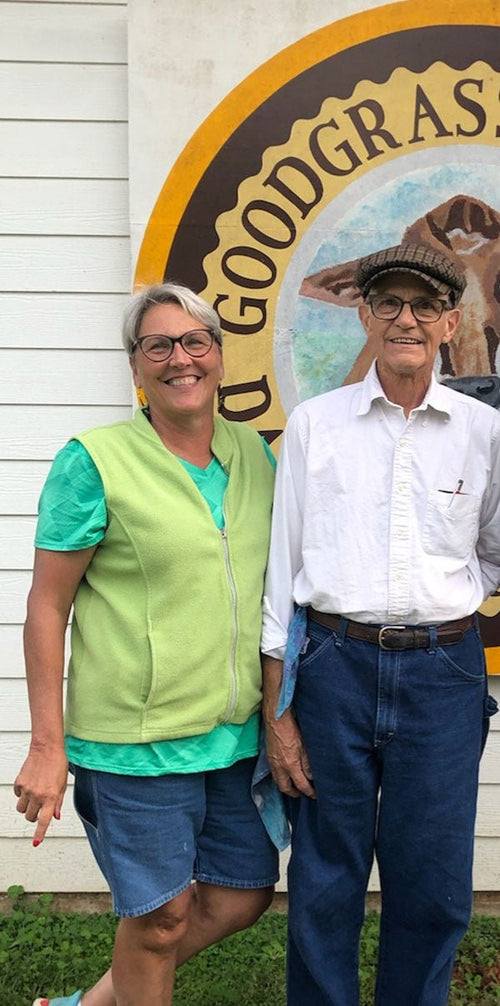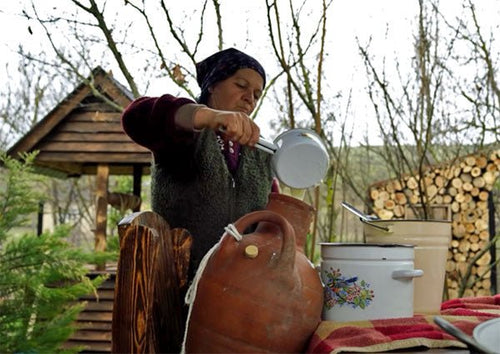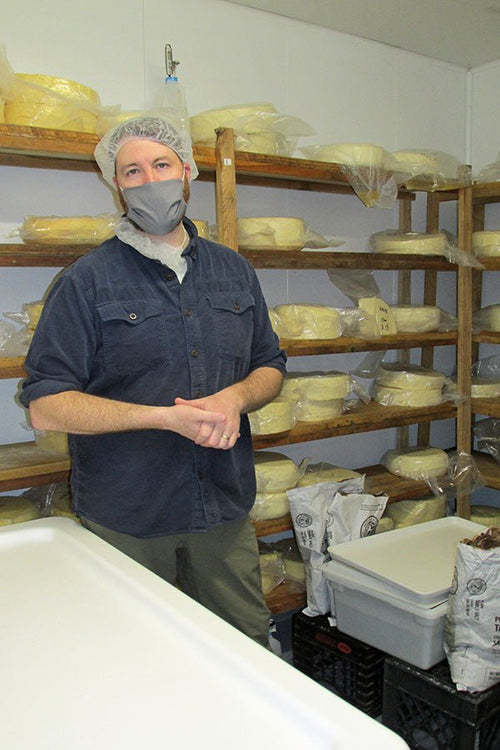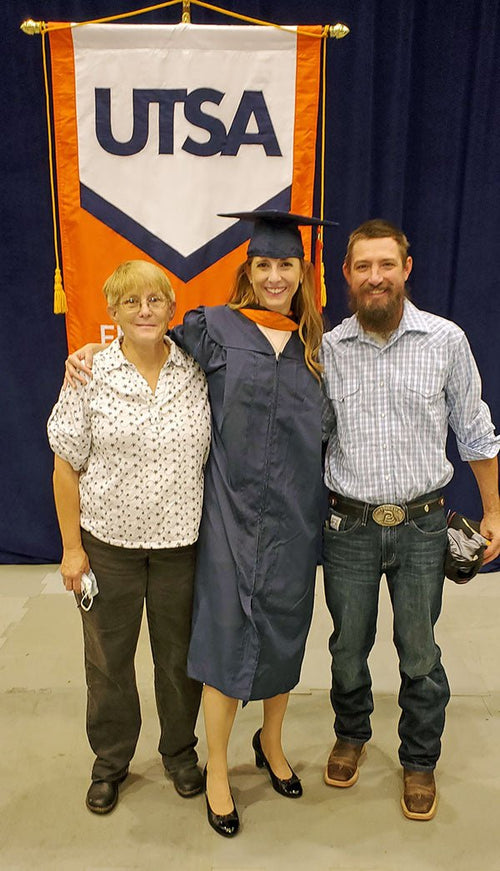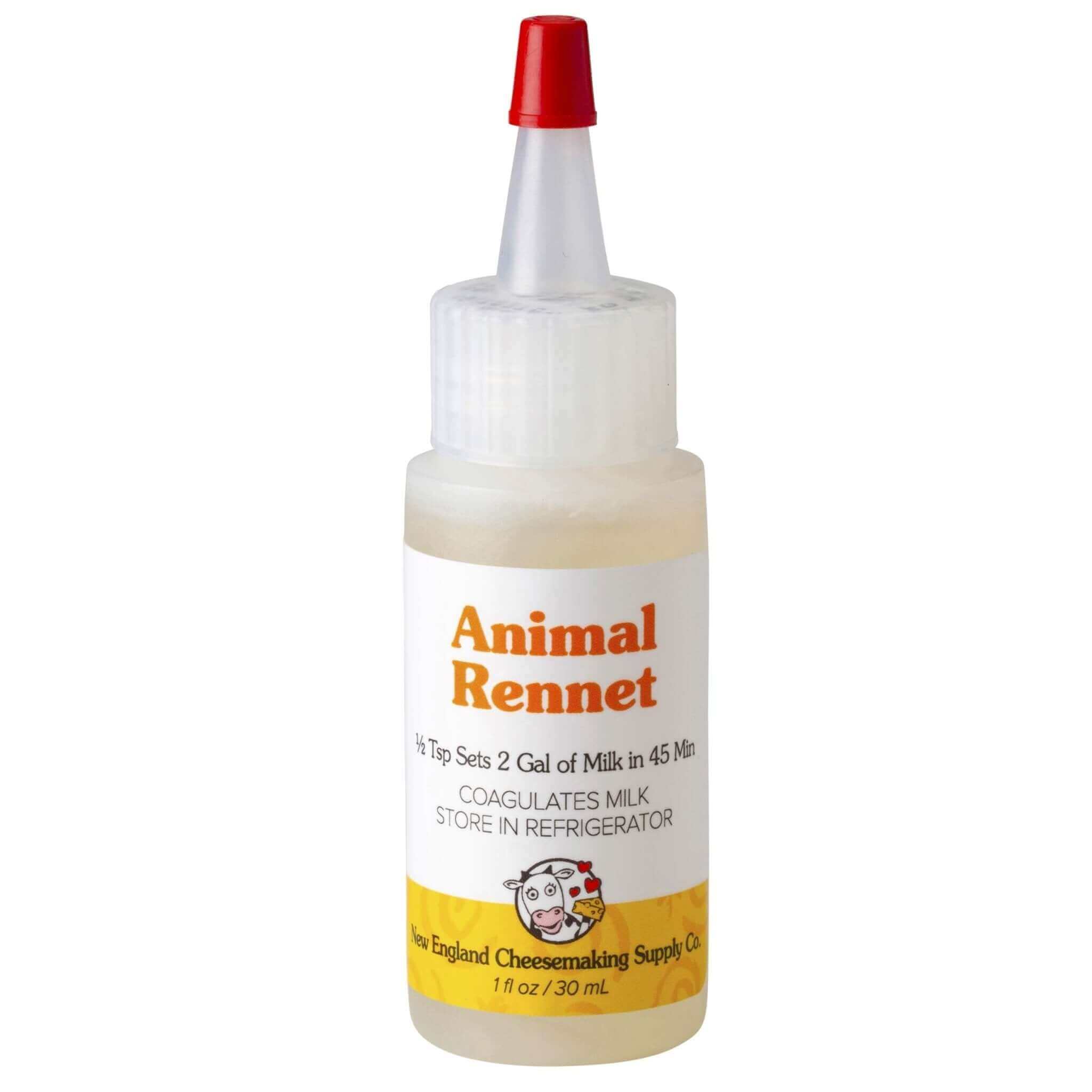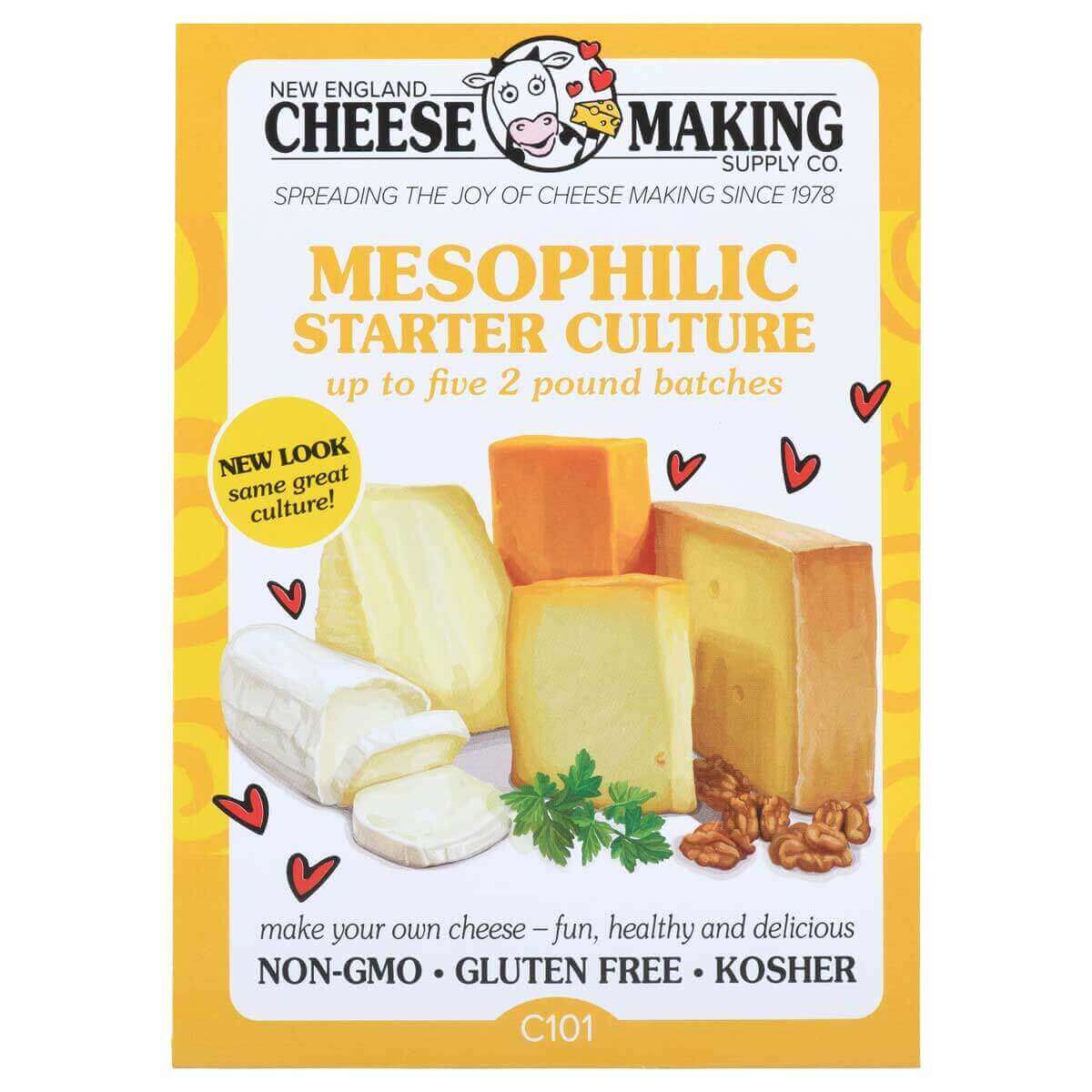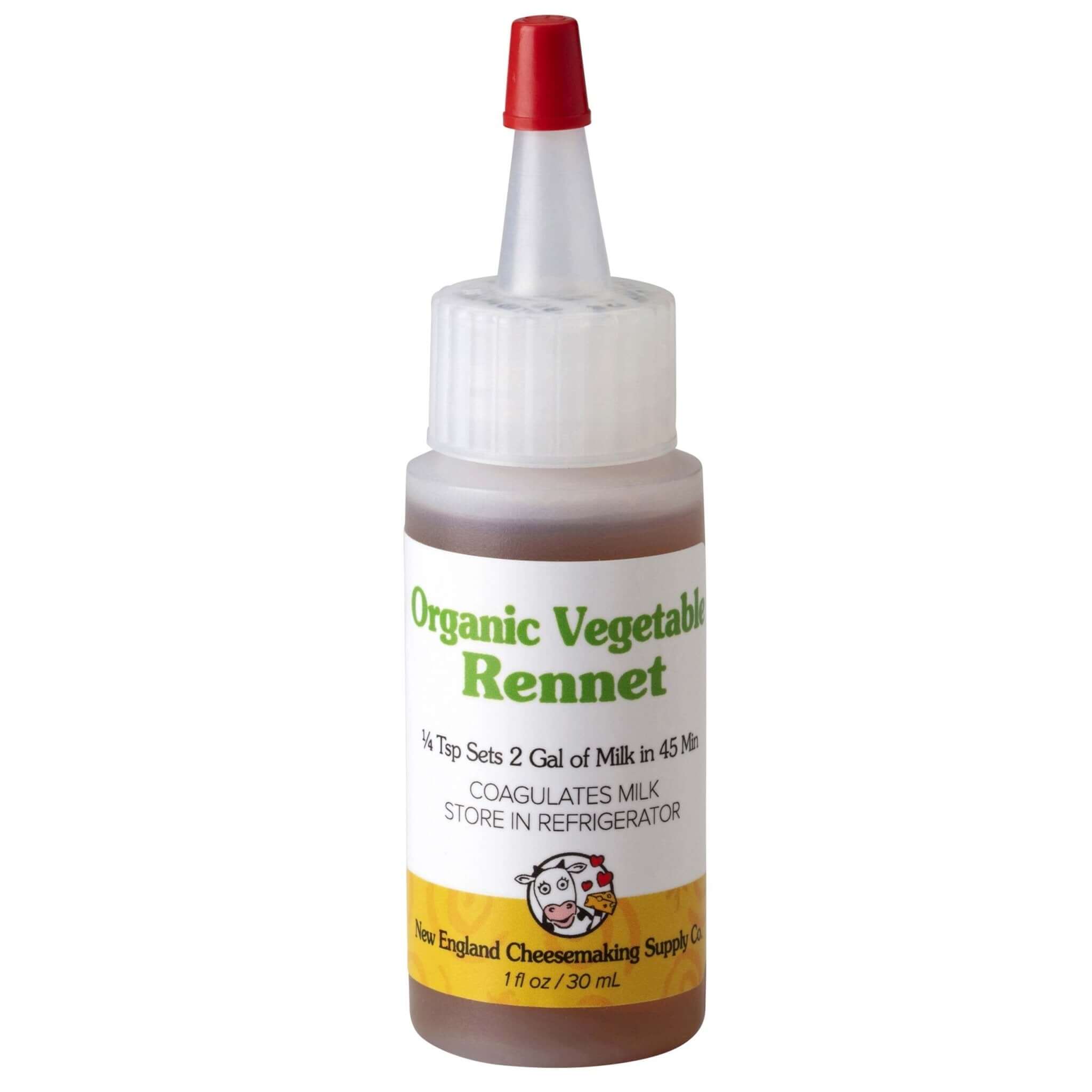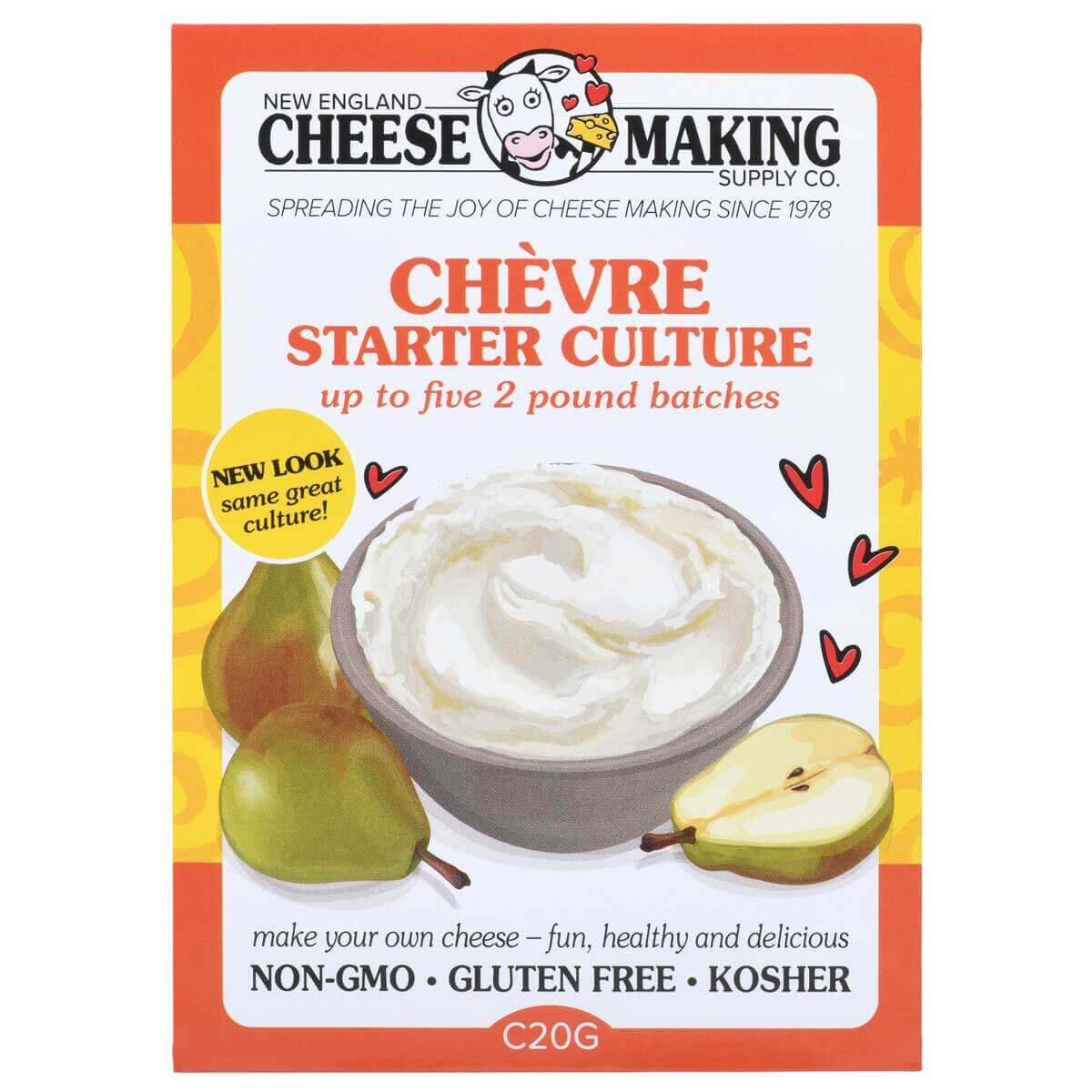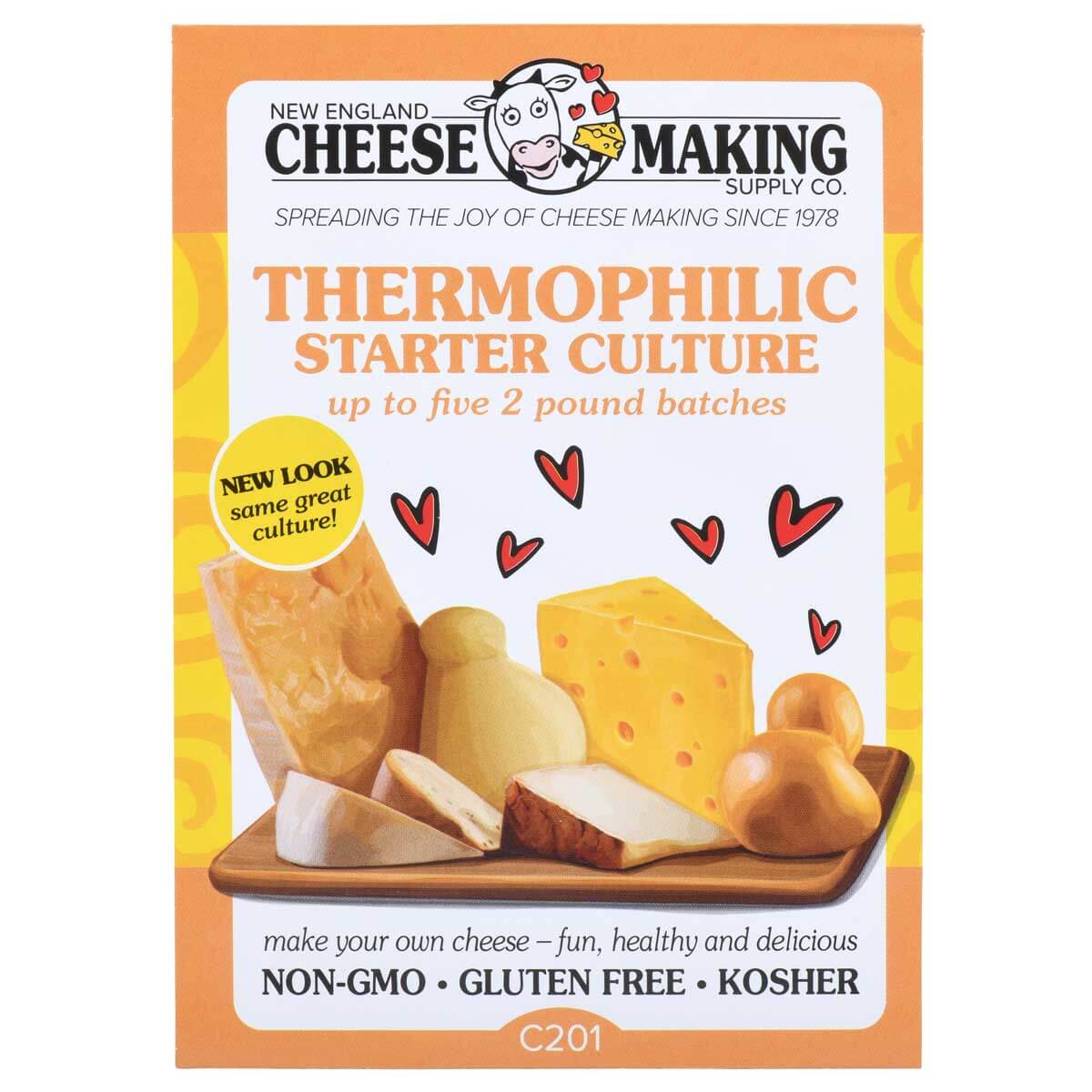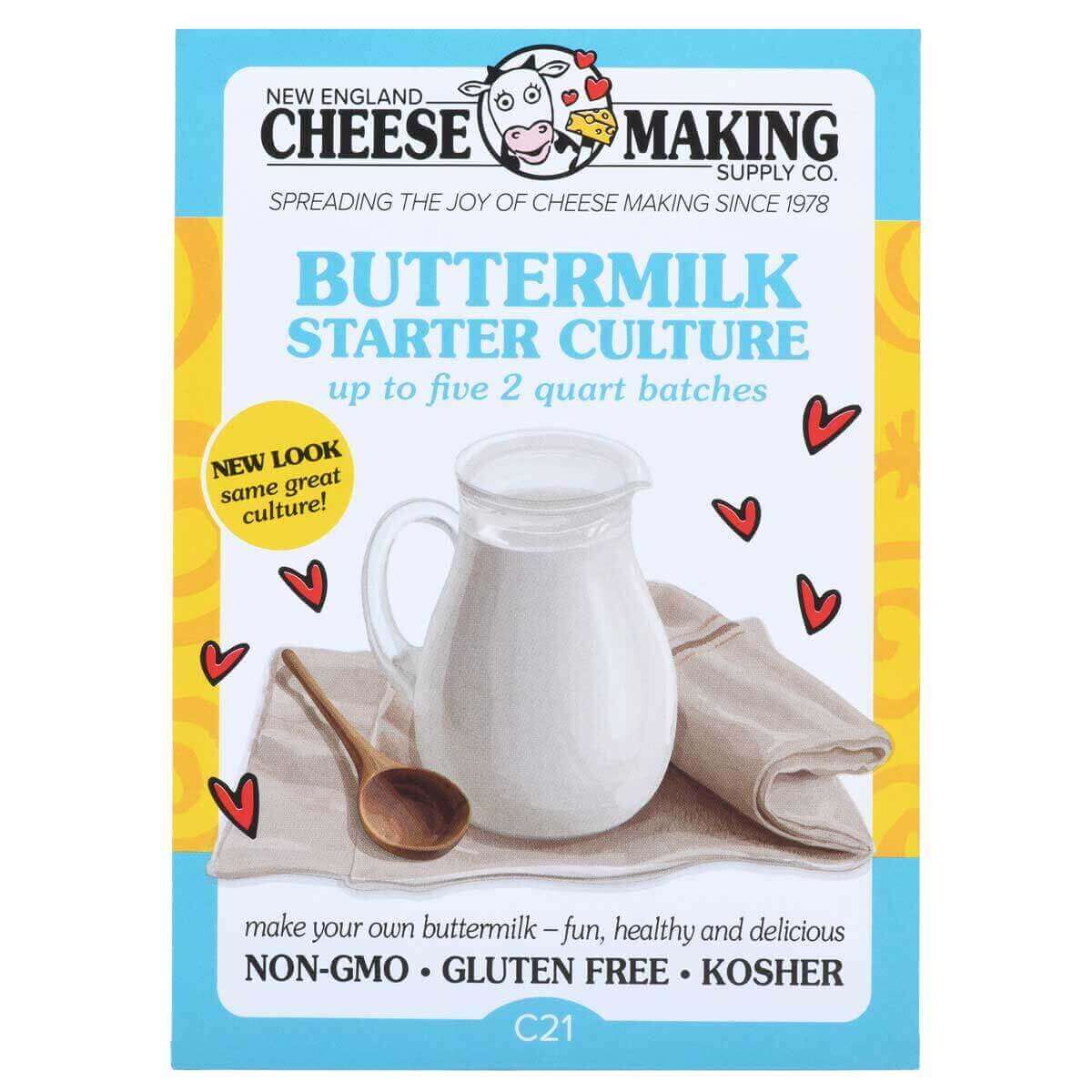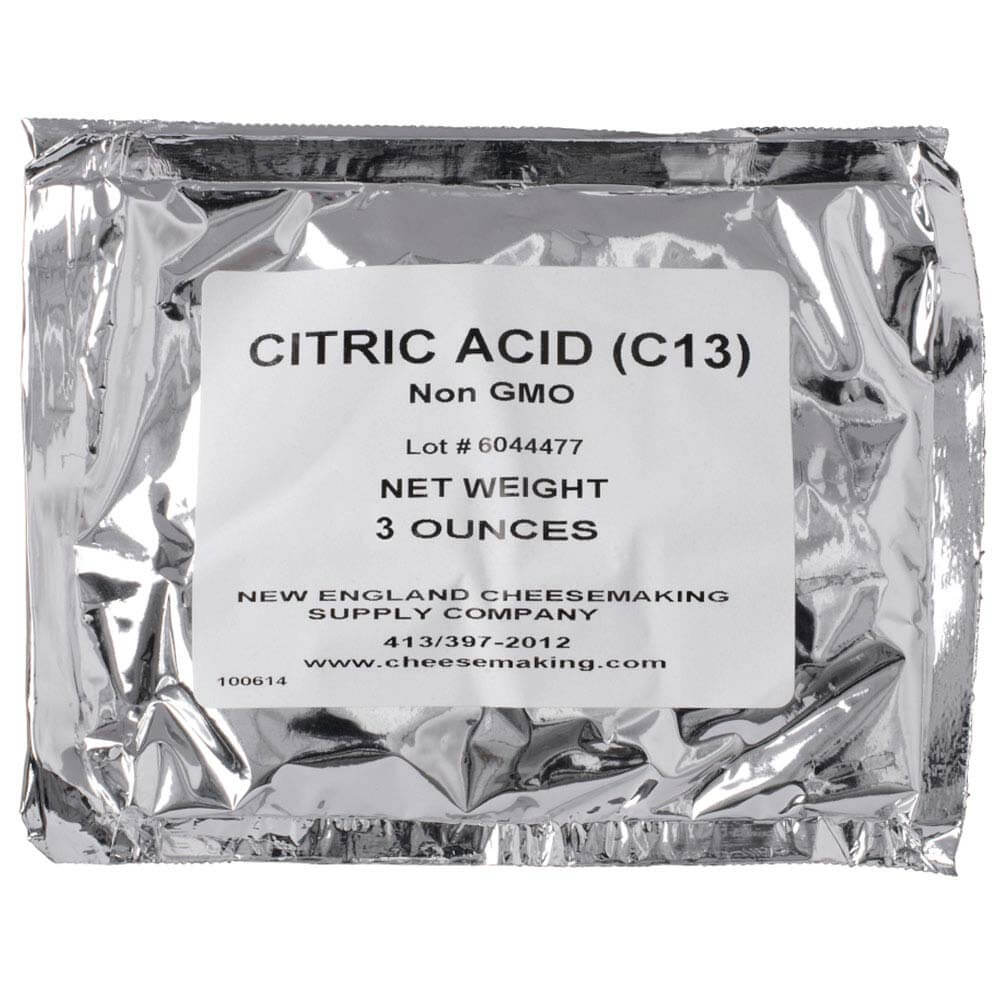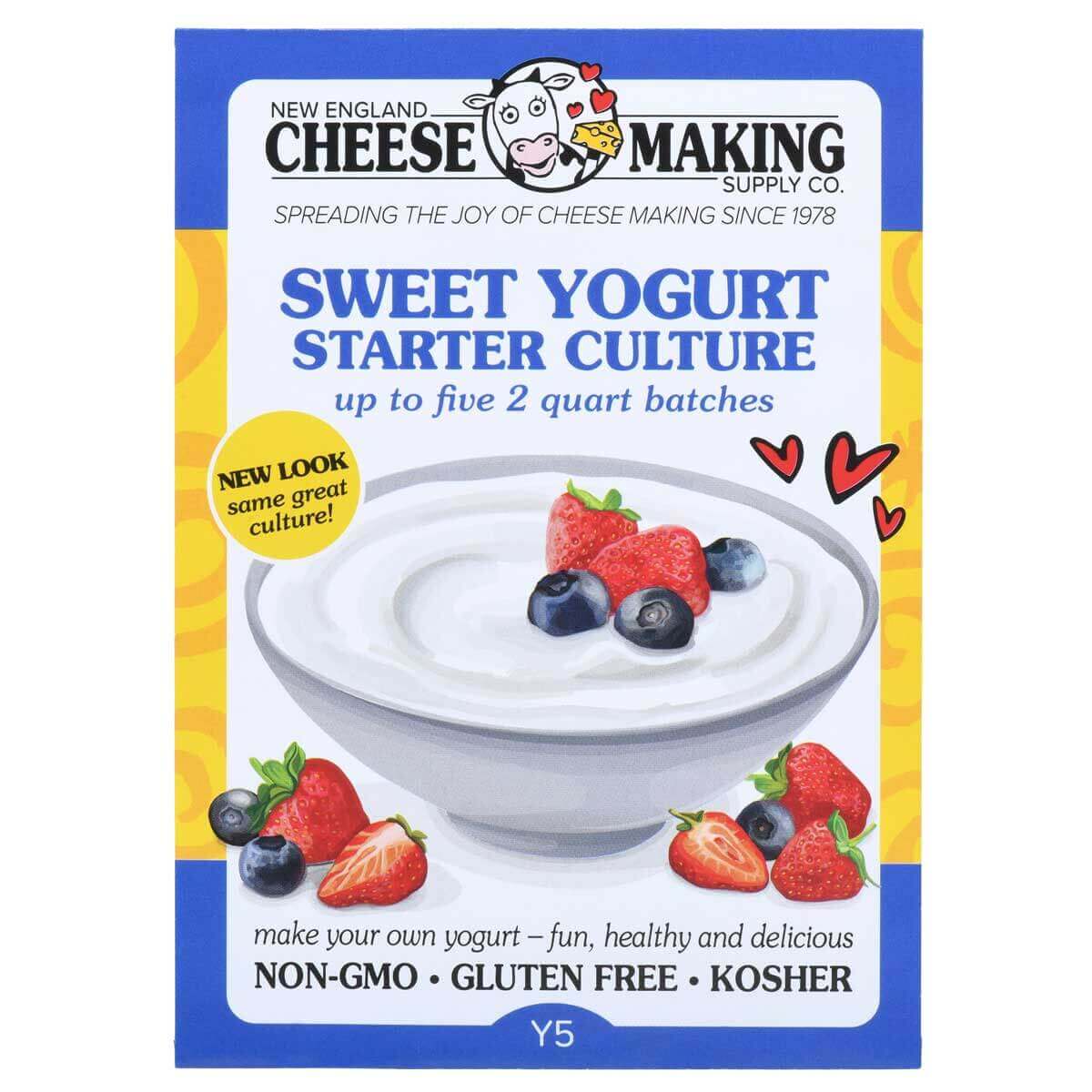Norridgewock, Maine
Bernard Hilton was born 87 years ago in 1923. I met him at my church and he mentioned that his great-grandmother, his grandmother and his mother all made cheese. In fact, he thought he had an old press in his attic and if I wanted to see it, why he’d bring it right down. (Bernard is from Maine so he talks like that.)
Well, of course I wanted to see it! I went right over to his house in Deerfield, MA and spent a lovely afternoon pumping Bernard with questions. This is what he told me:
Bernard’s Childhood in Norridgewock, Maine
For the first six years of his life, Bernard and the rest of his family lived with his father’s mother, Kate Hilton. She and Melvina, his great-grandmother, taught Bernard’s mother to make cheese. Actually, Melvina was widely known to be the best cheesemaker in the vicinity. She lived to be 101.
 |
| Melvina Holt Butler, Bernard’s great-grandmother |
There was no refrigeration back then (except ice), so they stored the milk in the cellar. Skimming the milk was a chore, so Bernard’s father used to say “Women like Jerseys and Guernseys because they can take the cream off with a fork.”
In 1929, Bernard’s father bought his own farm down the road with a big house, a 75 acre field and 20-30 other acres of land. He paid $1500. This was such a big investment for him that he stayed awake nights worrying about how he would pay the interest on the loan. Bernard was somewhat disappointed with the new house because it didn’t have indoor plumbing.
 |
| Bernard’s grandmother, Kate Hilton |
Soon, there were 9 children in the family. (Later, all, except one, went to college.) Bernard’s father did whatever he could to make a living. He started out with Herefords and then acquired 5 or 6 purebred Holstein heifers. Bernard remembers his father as “the best hand milker I ever saw.”
Unfortunately, it turned out that most of the new heifers had Bang’s Disease and they had to be slaughtered. So, then, Bernard’s father got more sheep. He would slaughter the lambs and take them around to restaurants, etc. in the back of his old Franklin car ( he had removed the back seat).
 |
| Bernard’s father, Ralph Hilton |
In the winter, his father had to go to the lumber camps up north. He brought his own horses and he stayed there except for a few visits home. Once Bernard went with him to the camp. On the way there, in the night, his father found the trail (the most well-used road) by lighting matches to see the fresh horse manure.
In 1933, the height of the Depression, he didn’t work at the camps. He told his son the wages weren’t enough to pay for the wear and tear on his clothes, let alone the horses. Bernard honestly can’t figure out how they survived that year.
Later, in the fifties, Bernard’s father became a state representative and then a senator. He was Chairman of the Agricultural Committee. In 1964, he was voted “Farmer of the Year” (but everyone said that was just because that same year, his wife was voted “Mother of the Year” and they didn’t want him to feel left out!)
 |
| Bernard’s mother, Lora Hilton, Maine’s “Mother of the Year” in 1964 |
Making the Cheese
During that same year, 1933, Bernard’s mother made cheese every day. When she first started doing it, Bernard’s father slaughtered a calf for the rennet. He hung it in the attic to dry. Every day, Bernard’s mother broke off a small piece of the stomach lining and brought it downstairs for the cheese. (By the time she was done with that rennet, she was able to buy pills (rennet tablets) which were much more consistent.)
 |
| Draining rack which was covered with cheesecloth |
In the early morning, she took 10 gallons of warm milk, straight from their cows and poured it into a big washtub. (There was no heating of the milk at any point.) She added the rennet and after an hour or so, she cut the curds and drained them on a rack covered with cheesecloth (which Bernard says was available everywhere).
By that evening, she put the curds in the press. They were pressed overnight, and the next day, she chopped up the curds and salted them. Then, she pressed them again for another day. Bernard says they had to watch the color of the whey as it ran out of the wooden molds because if it was white, they had too much weight.
 |
| The smaller of Bernard’s mother’s two presses |
His mother had 2 presses because she made cheese every day. One was the press Bernard still has and the other was much larger. He doesn’t know who made the hoops (molds) because they had been in the family for generations. (His great-great grandfather was a stagecoach driver from Augusta to the Canadian line.)
When the cheese was sufficiently pressed, it was rubbed with butter and put on shelves in a closet off the dining room. His mother would try to age it, but with 9 hungry kids, it never really matured. They all loved the cheese, so they would go in there and cut off a wedge when they wanted it. They always referred to it as Cheddar.
His mother also made butter and he and his brothers and sisters had to help with the churning. She sold her butter for 17 cents per pound. Bernard told me his Uncle Harry was able to sell his butter for over 40 cents per pound because “he had good bugs” (bacteria). His butter had a much-coveted sweet taste. He was able to keep it cold in a box he had made and kept in a cold water spring.
 |
| Hoop and follower Bernard made to teach cheesemaking |
Bernard’s Life Today
Bernard keeps in touch with his large, extended family. He is proud of his sister, Pauline, born in 1932, who won the milking contest at the University of Maine while she was a student there. His sister, Caroline (next below Bernie) has a daughter and her family is milking 1600 cows with a round milking parlor that holds 100. One of Bernard’s nephews runs the family farm and milks 250 cows. His wife talks about making cheese, but she is way too busy.
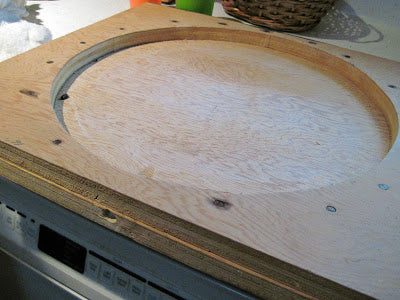 |
||
| Whey was drained from the hole in the front into a bucket while the cheese was being pressed. |
Bernard joined the service after high school and when he returned to New England, he took a job as a farm manager in Gardiner, Maine. After 7 years, he applied for the position of Farm Superintendent at the University of Massachusetts in Amherst where he worked for 33 years until he retired. While he was there, one of the dairy specialists asked him to teach a class on cheesemaking. For that, he made the large steel mold (above) and the base for his press (at right).
Bernard has a blog with many wonderful stories about his childhood. Check it out at http://blhilton.xanga.com/.



